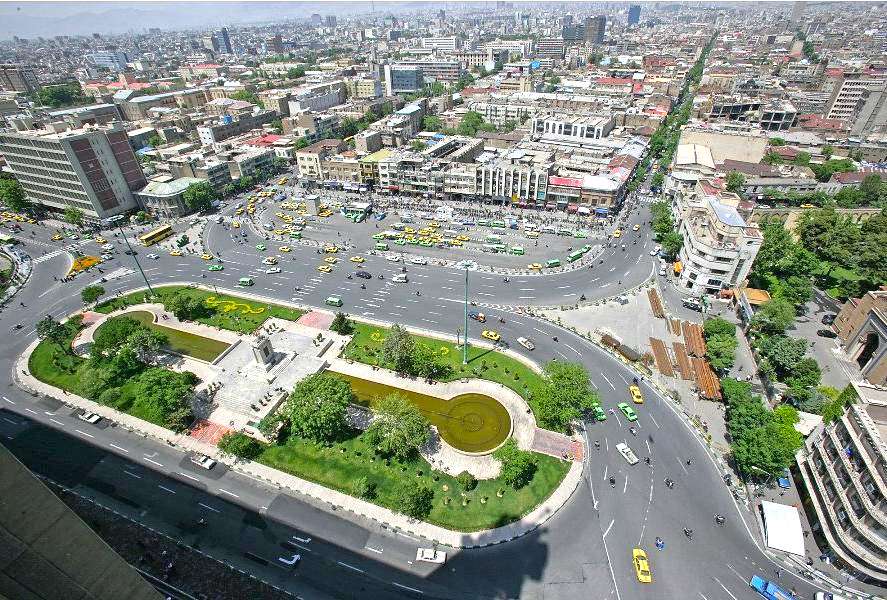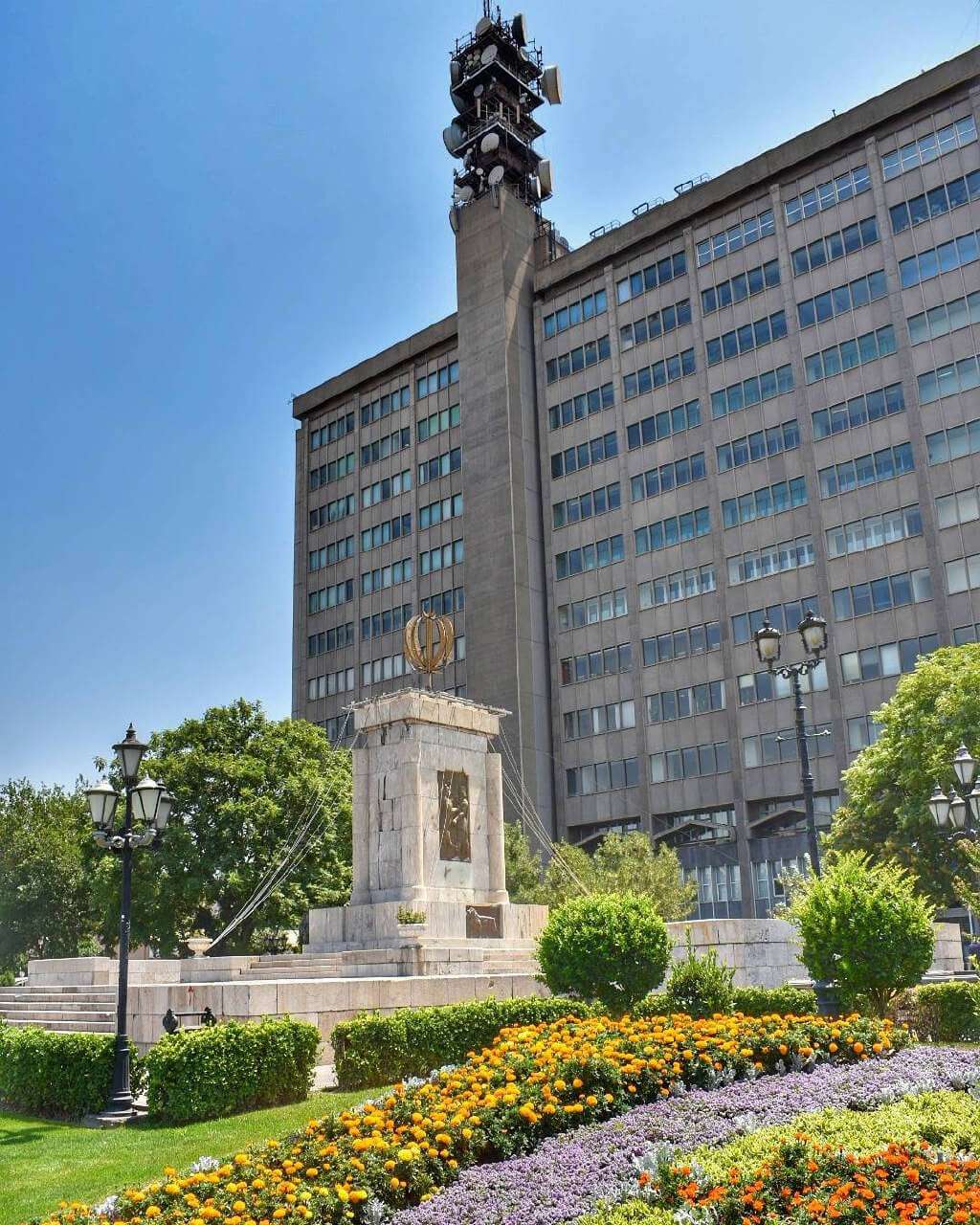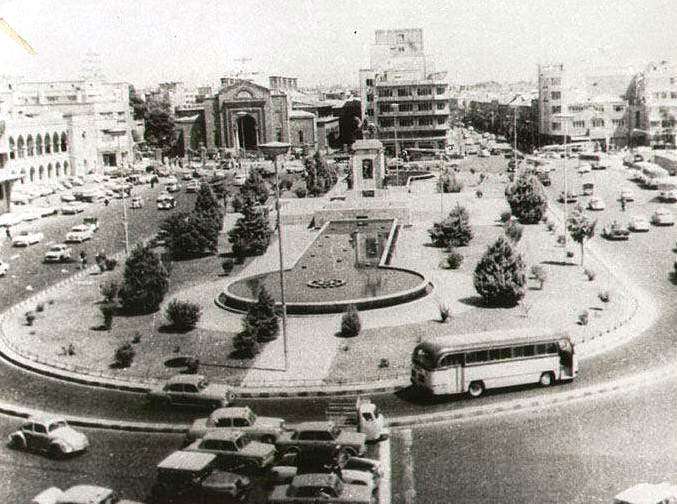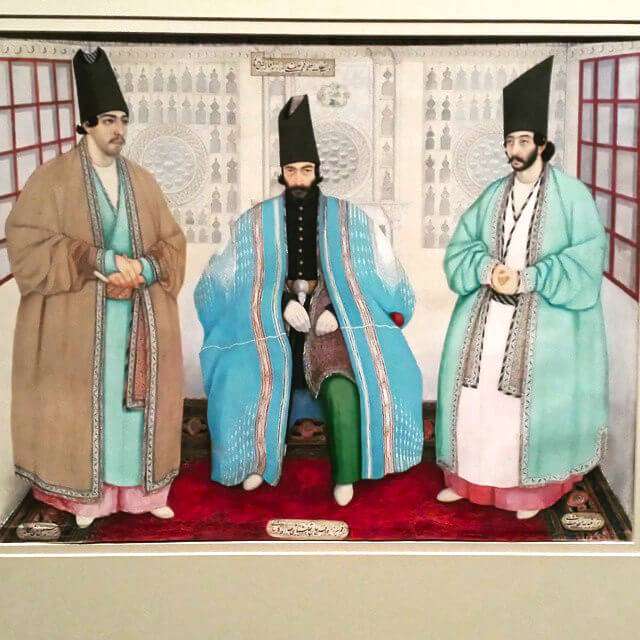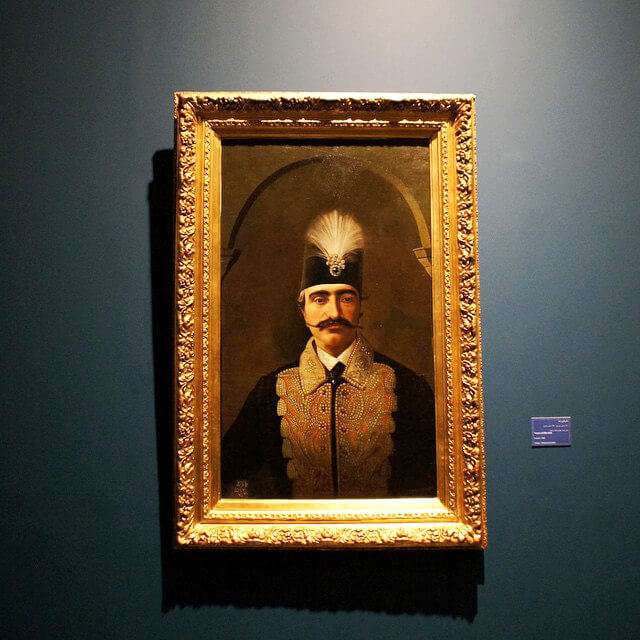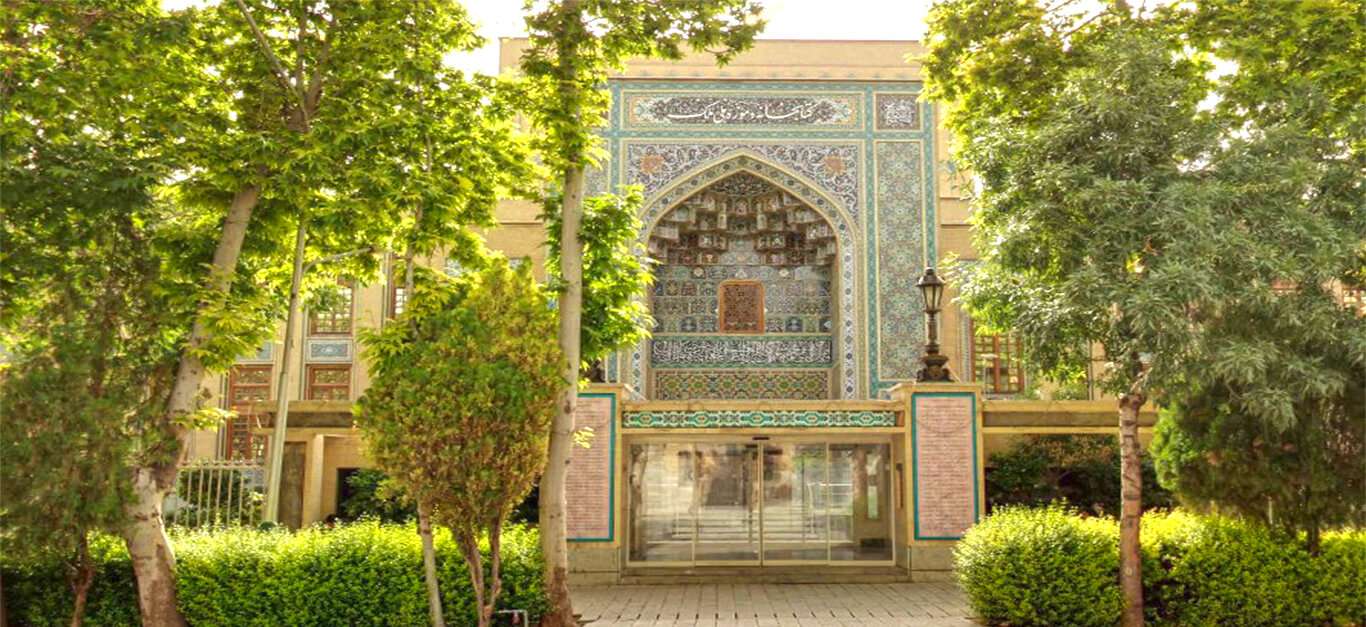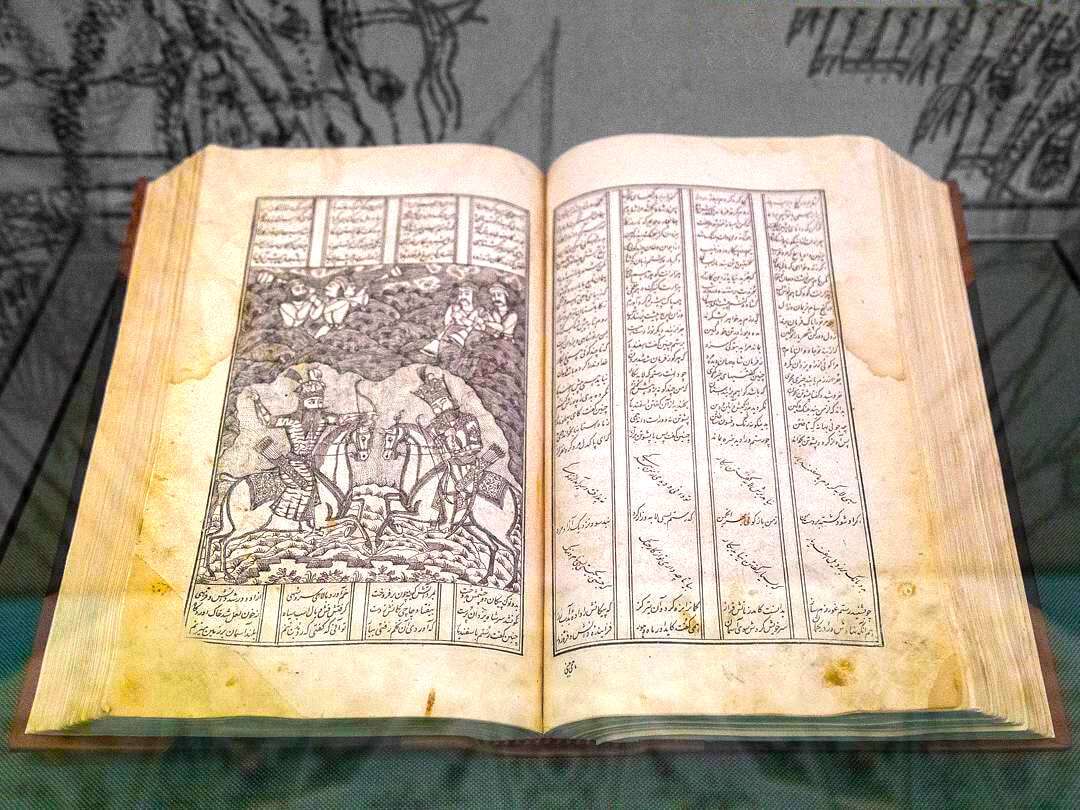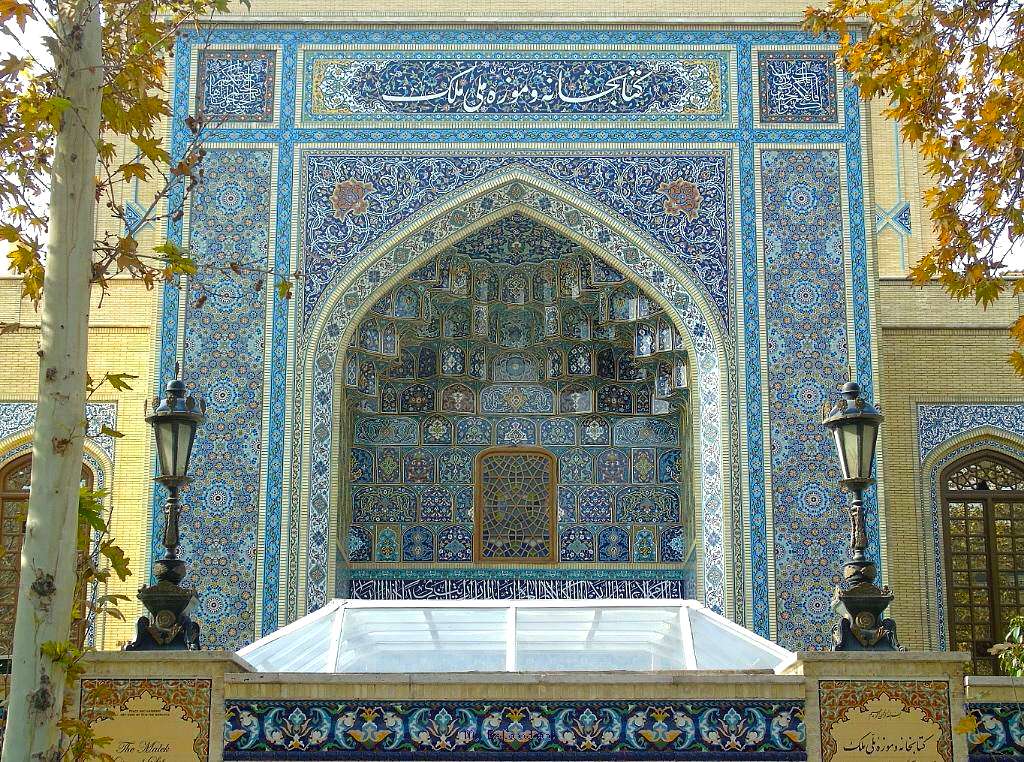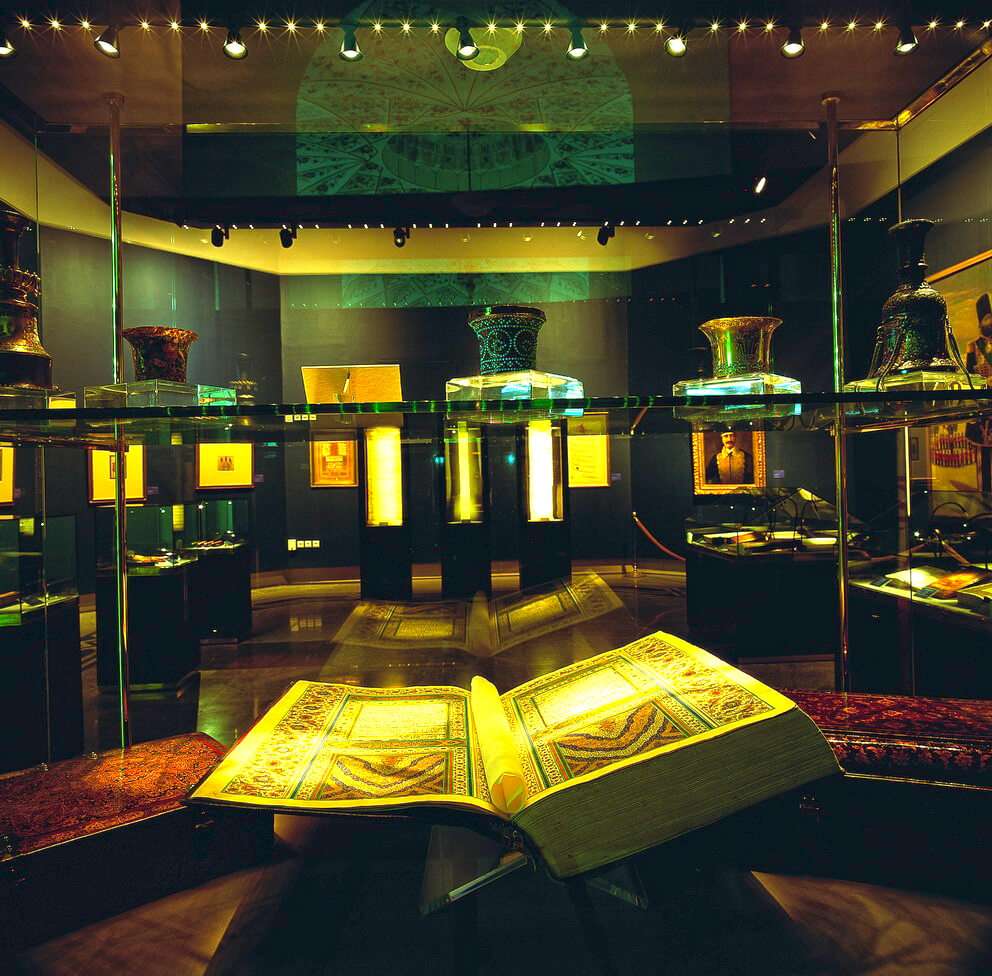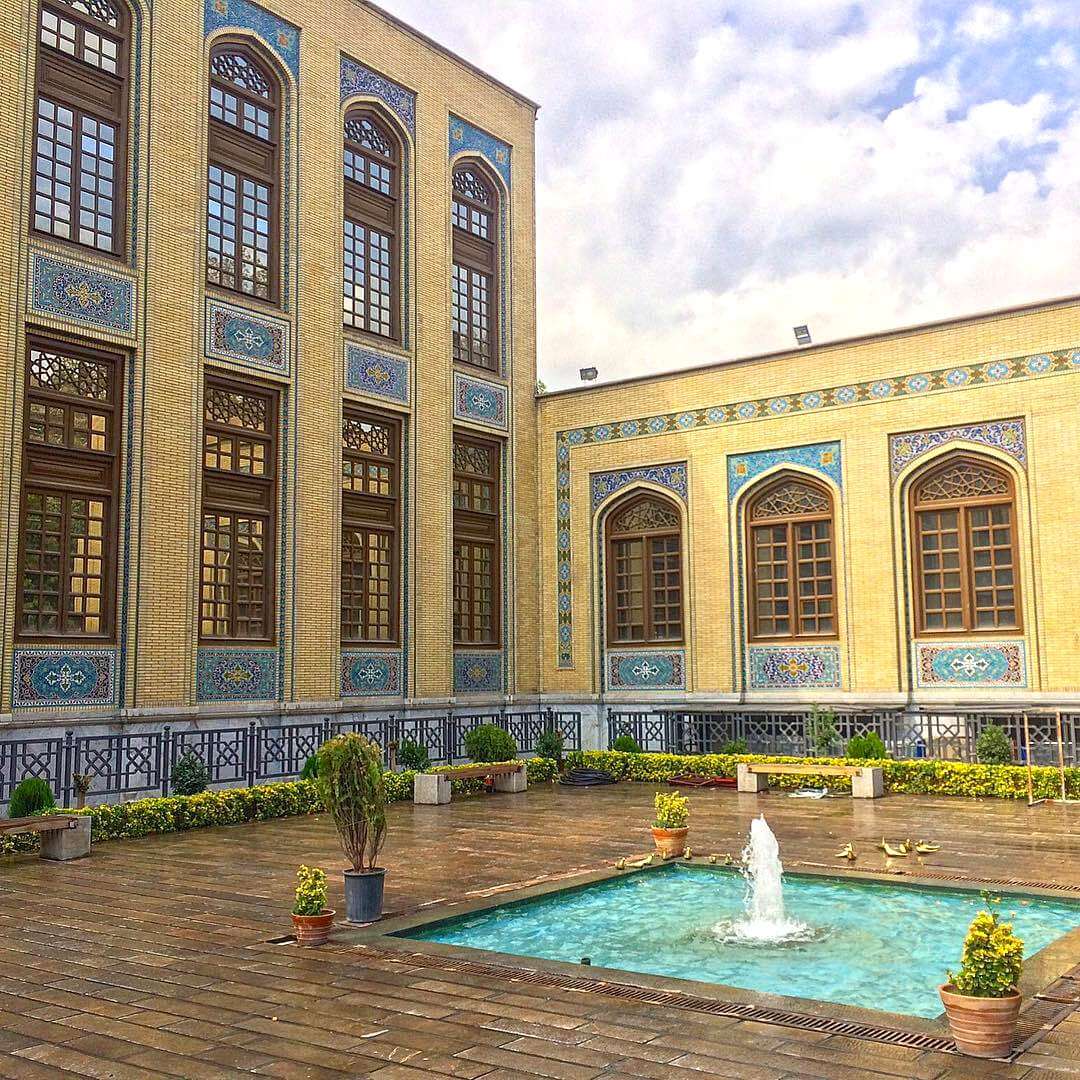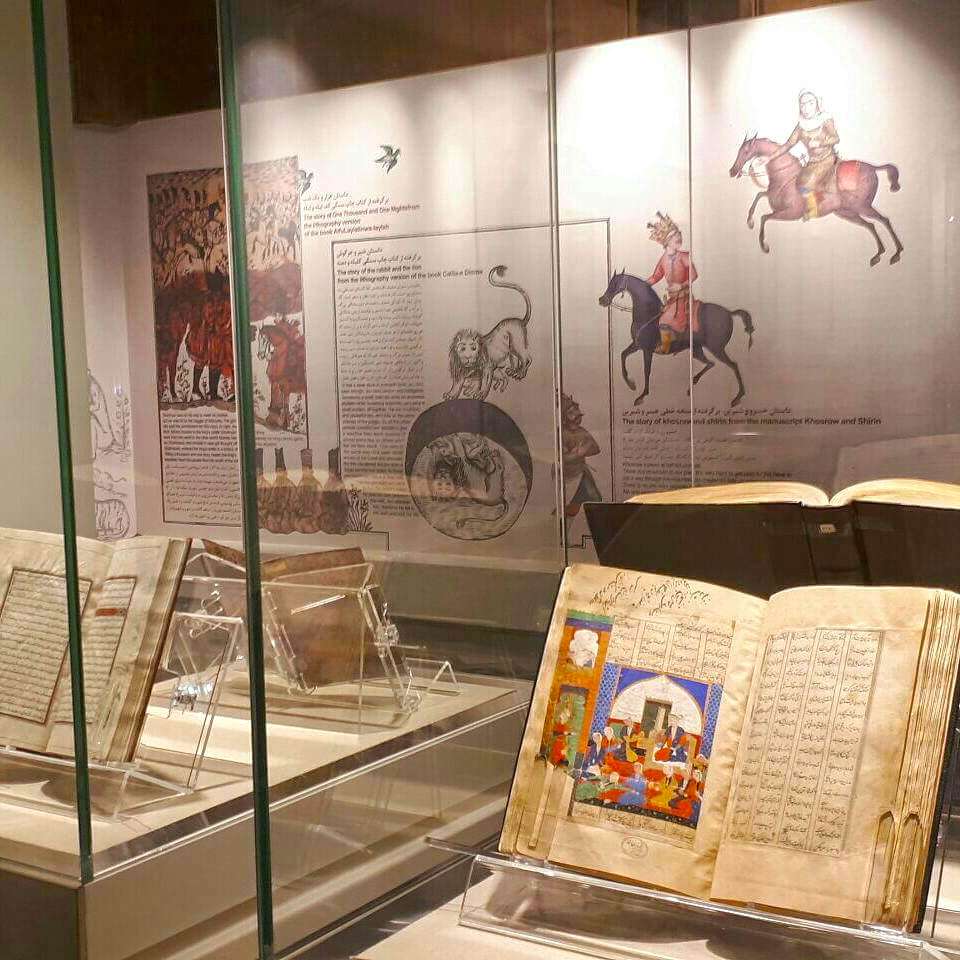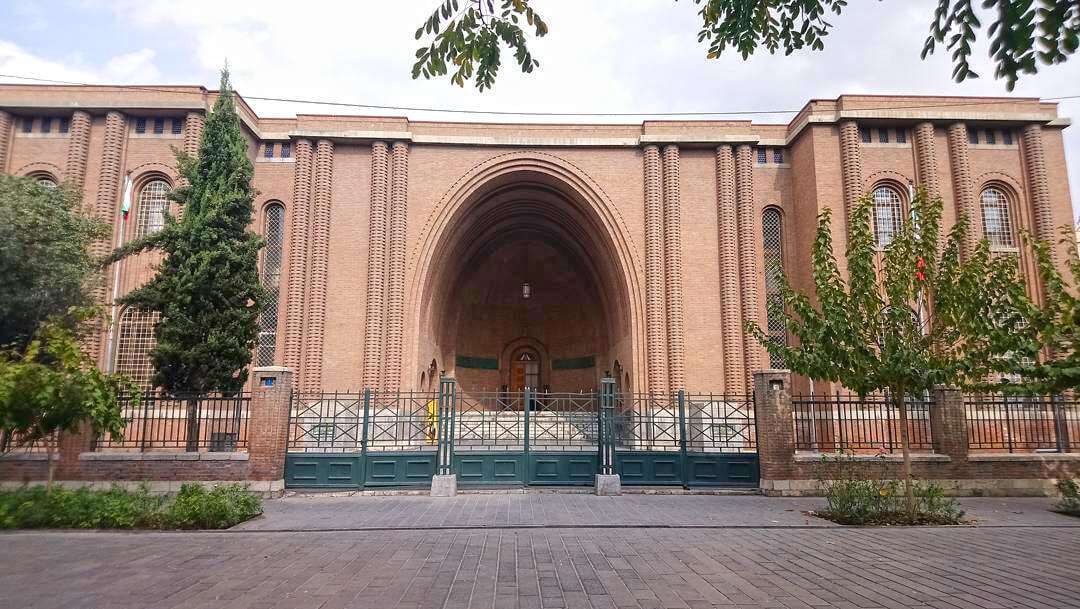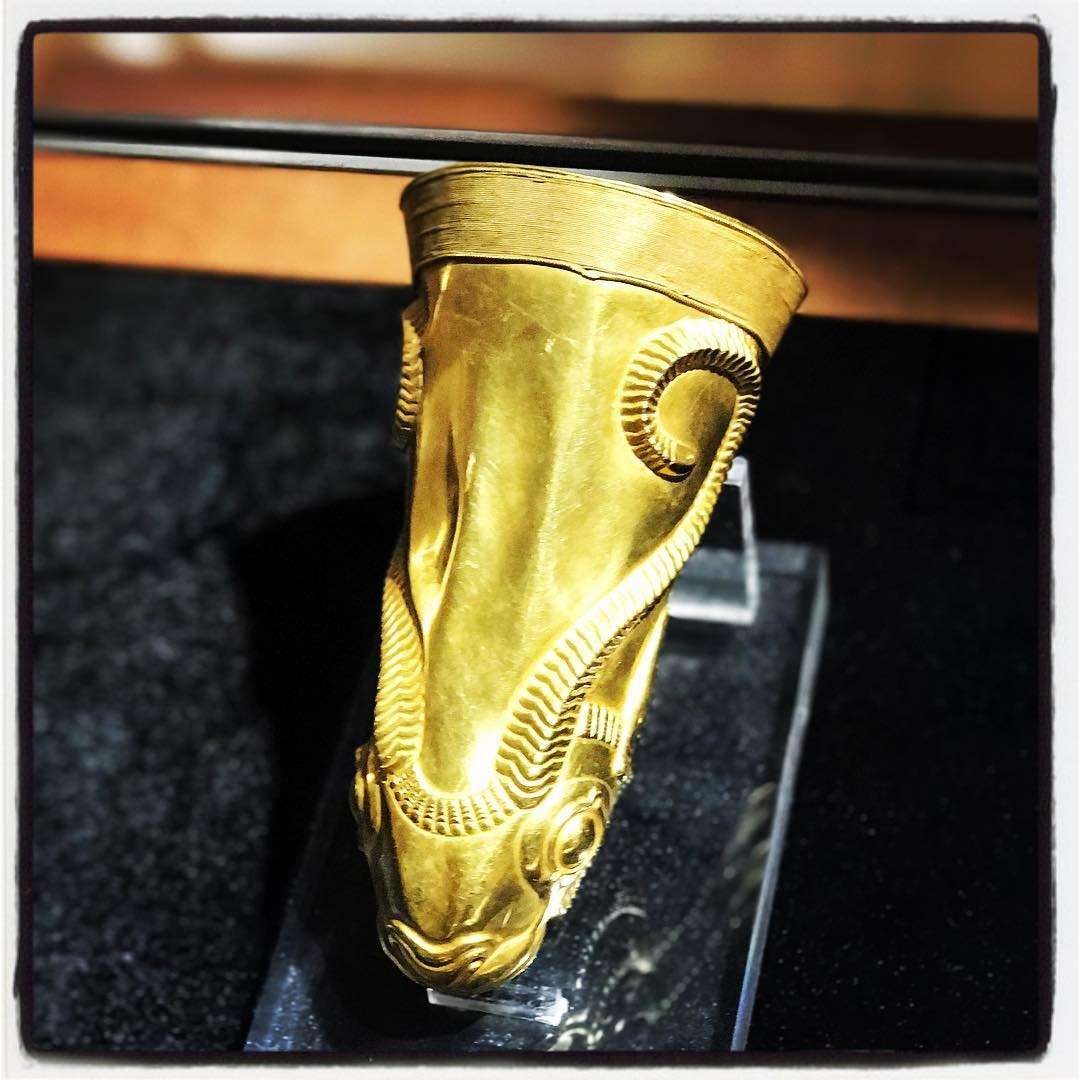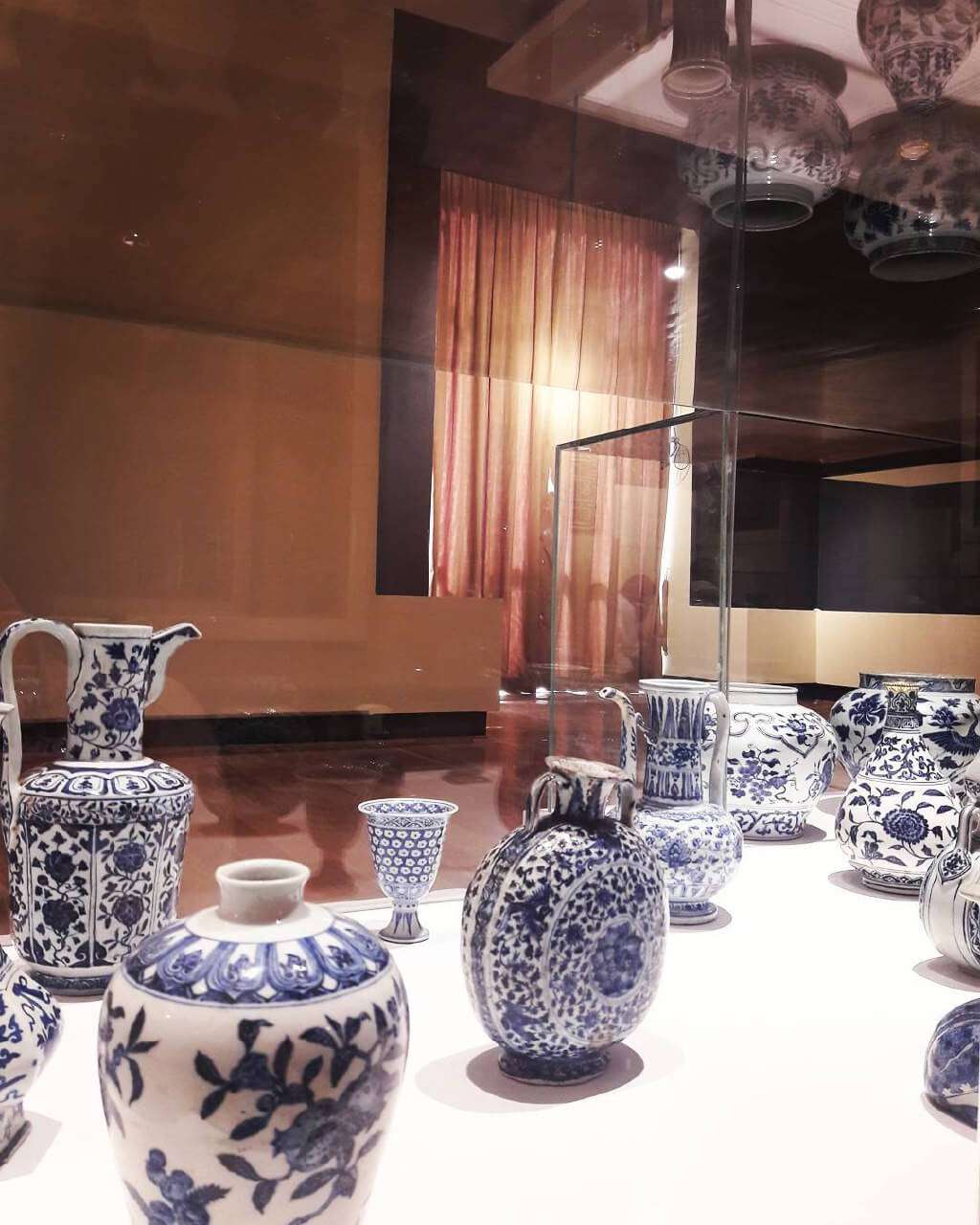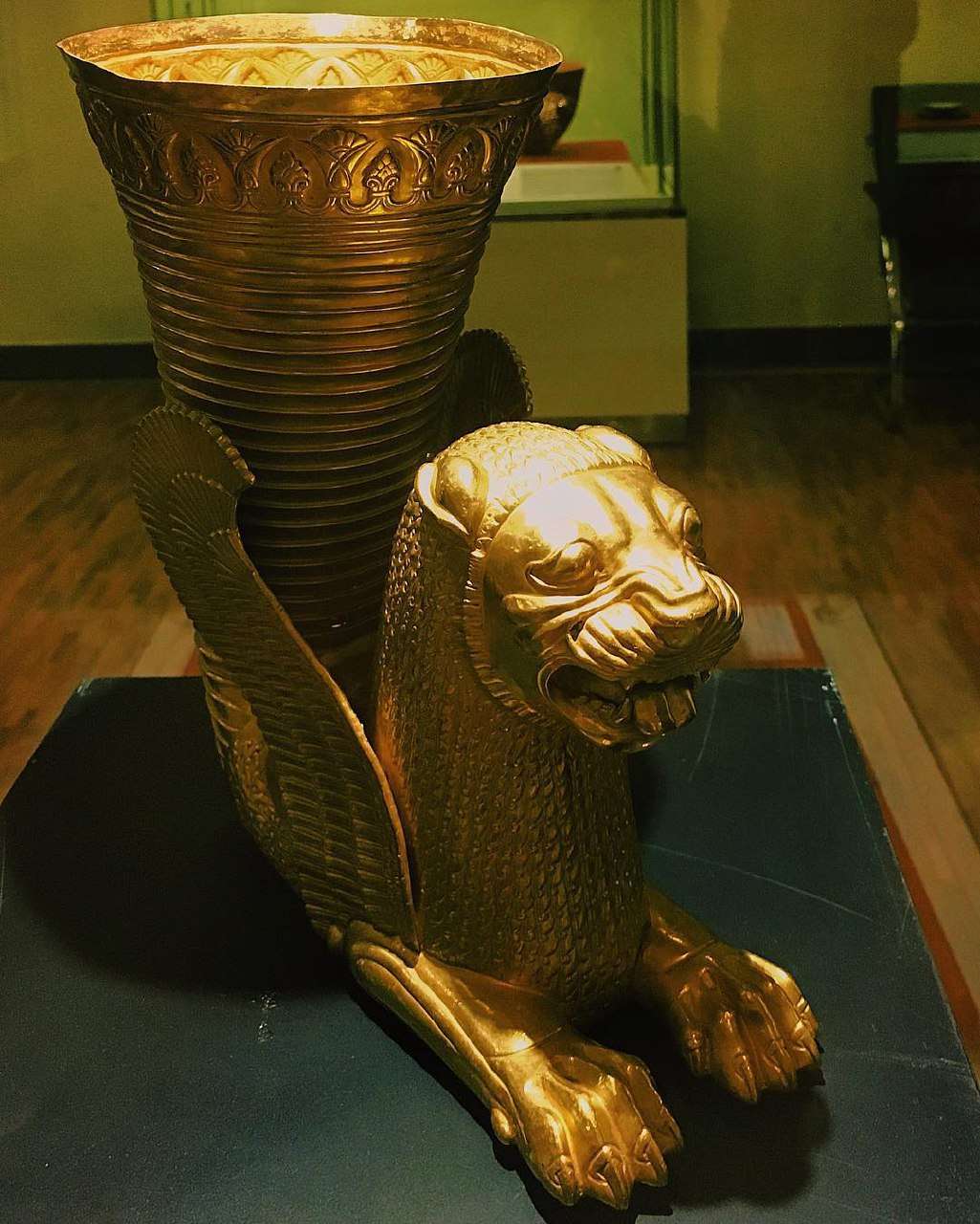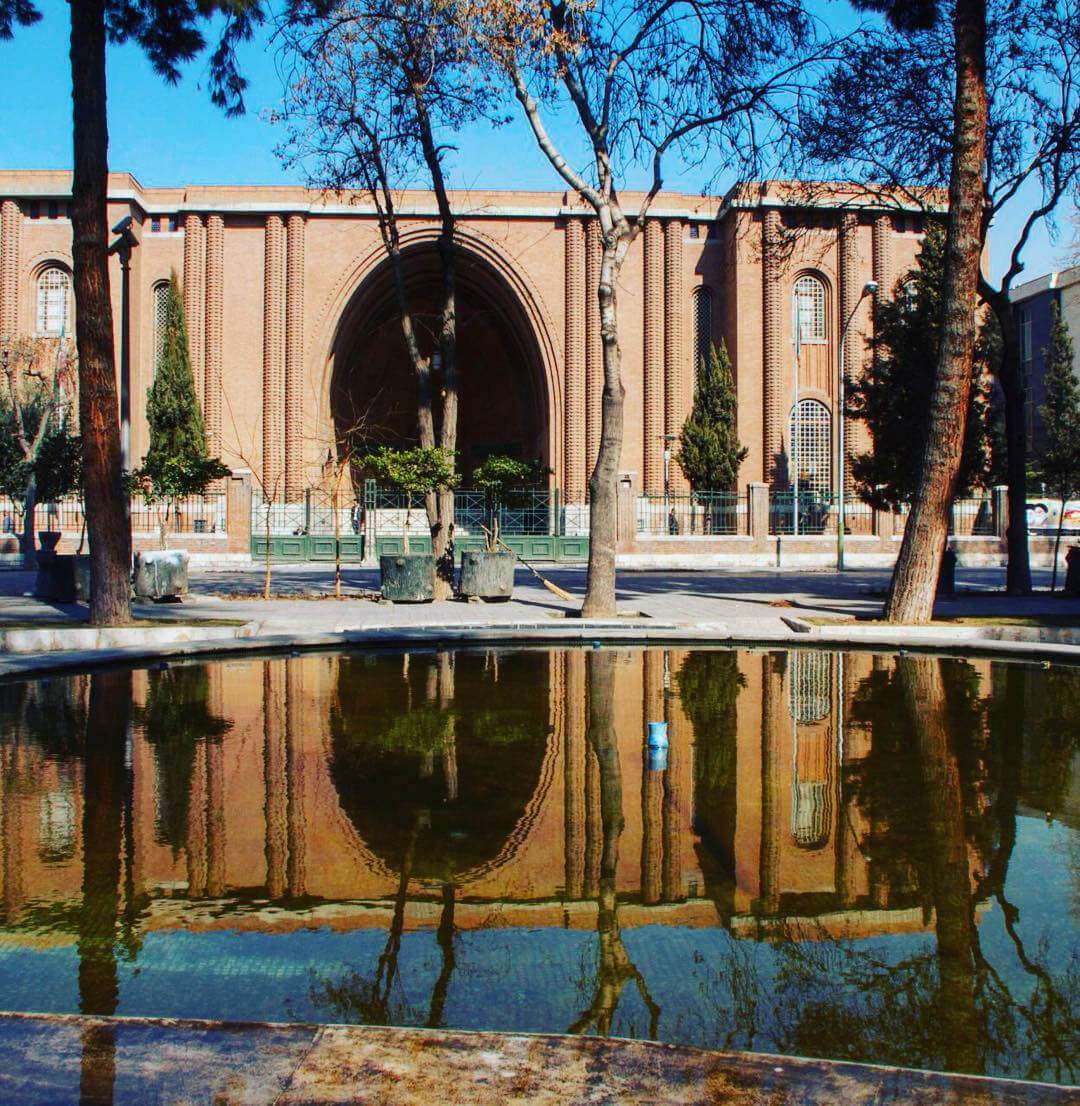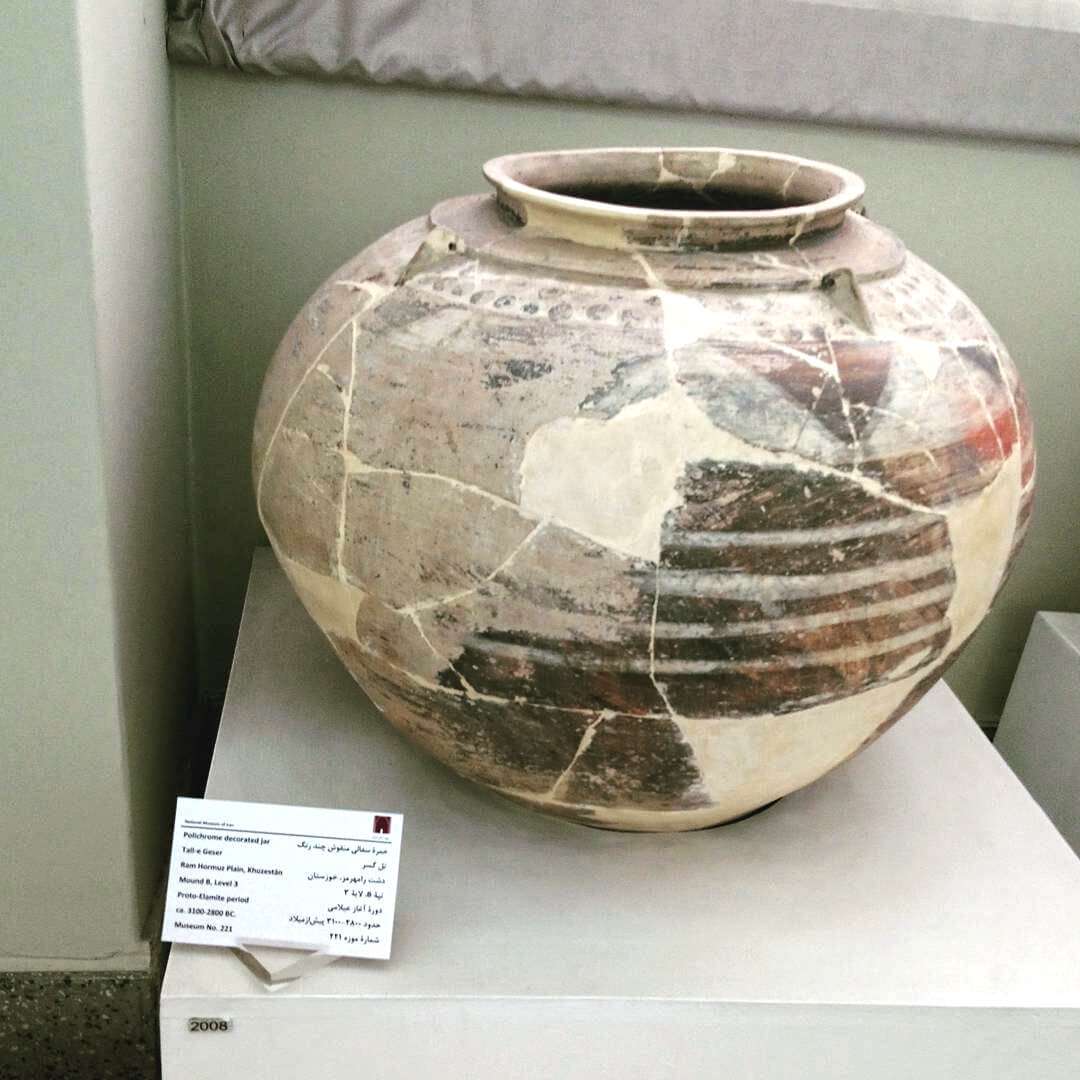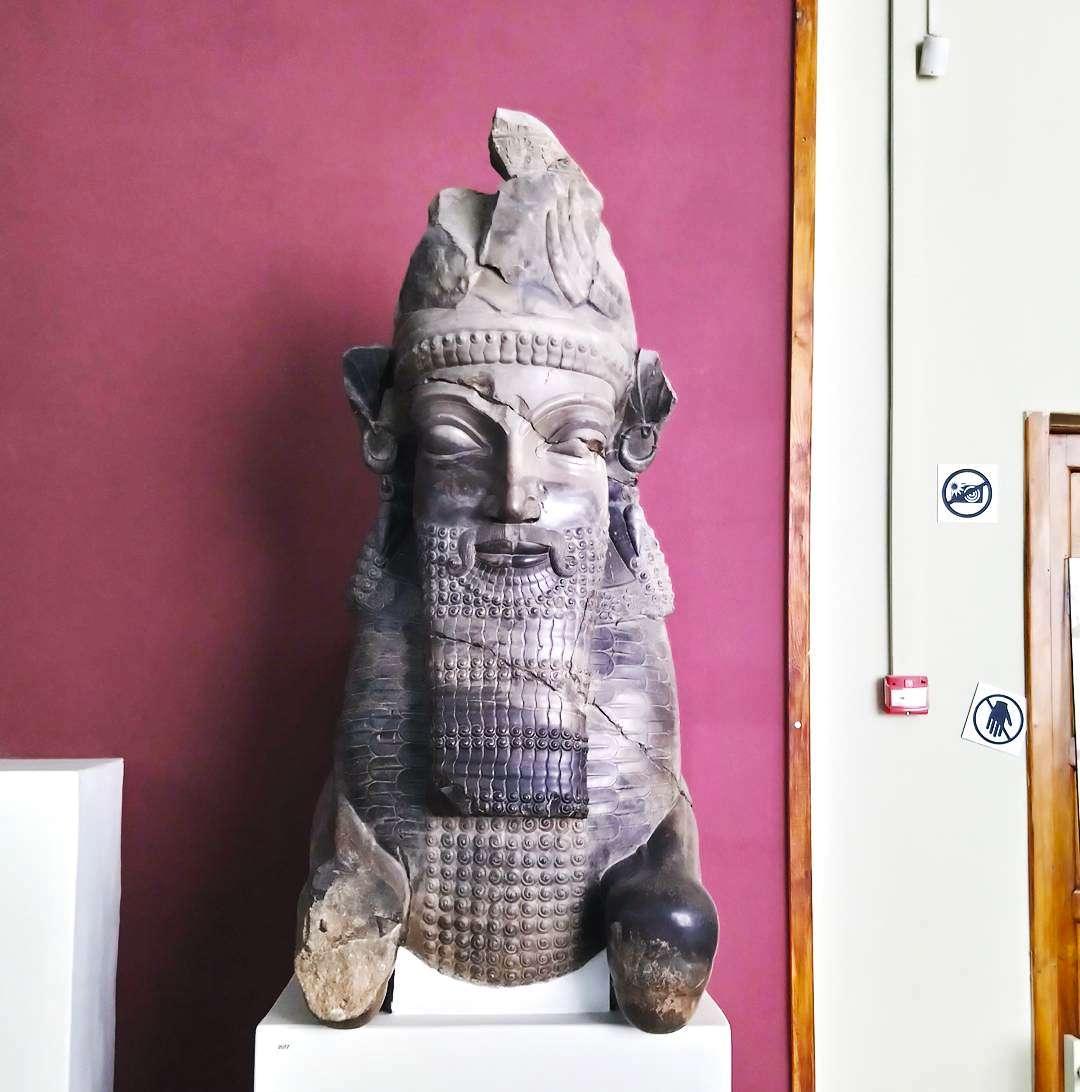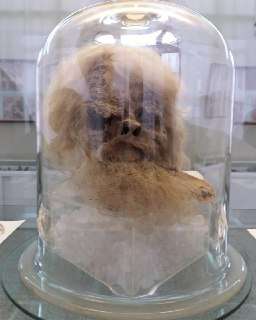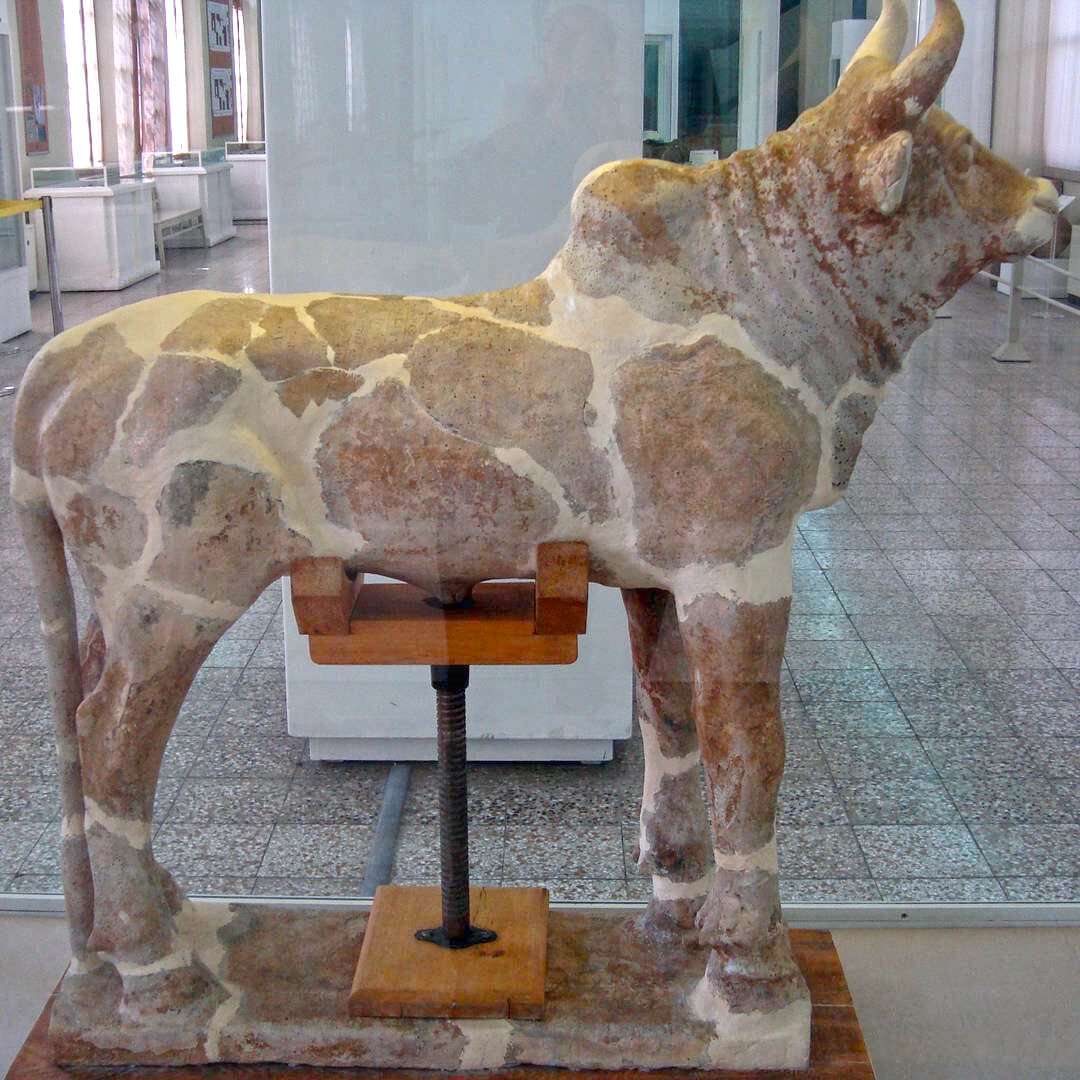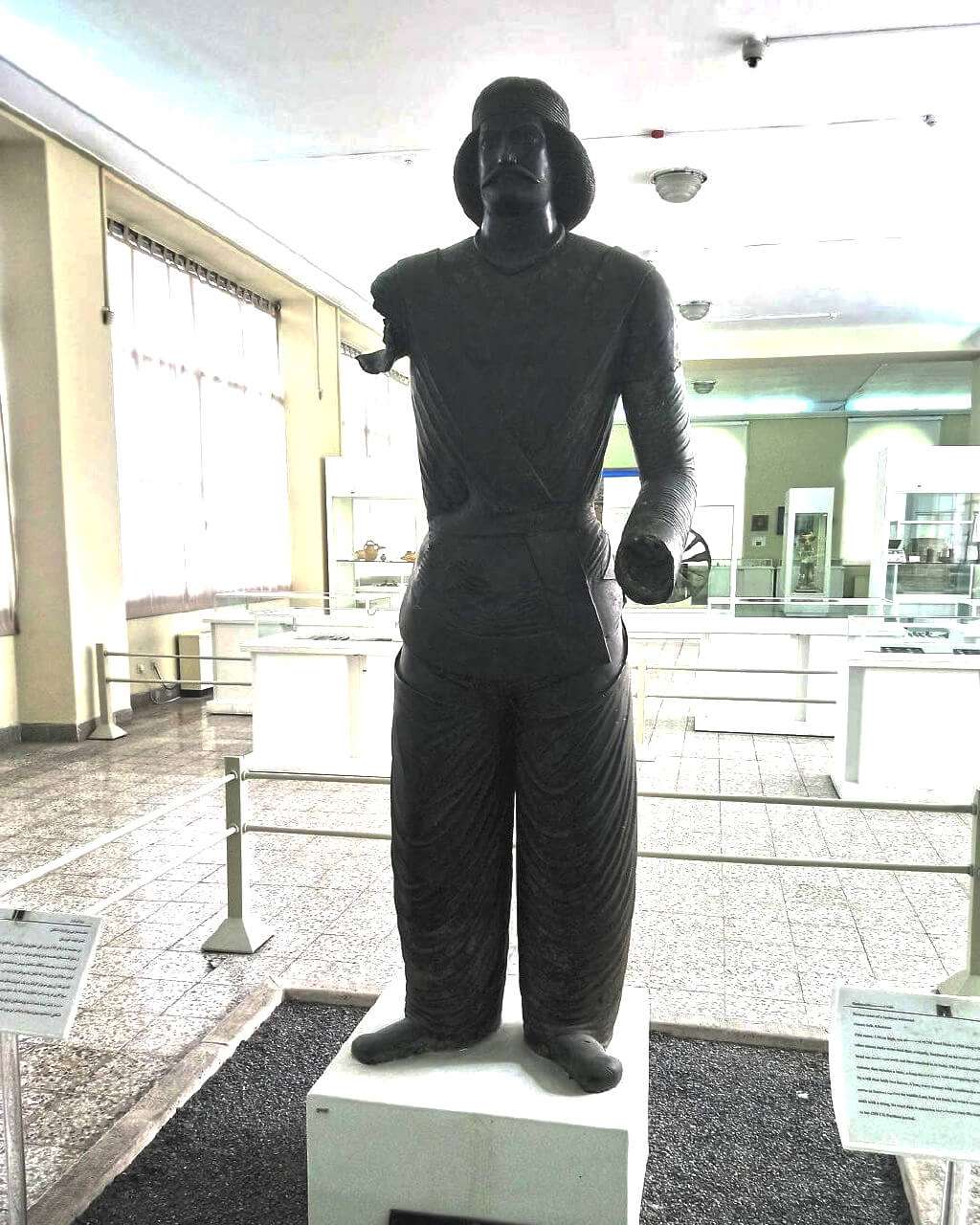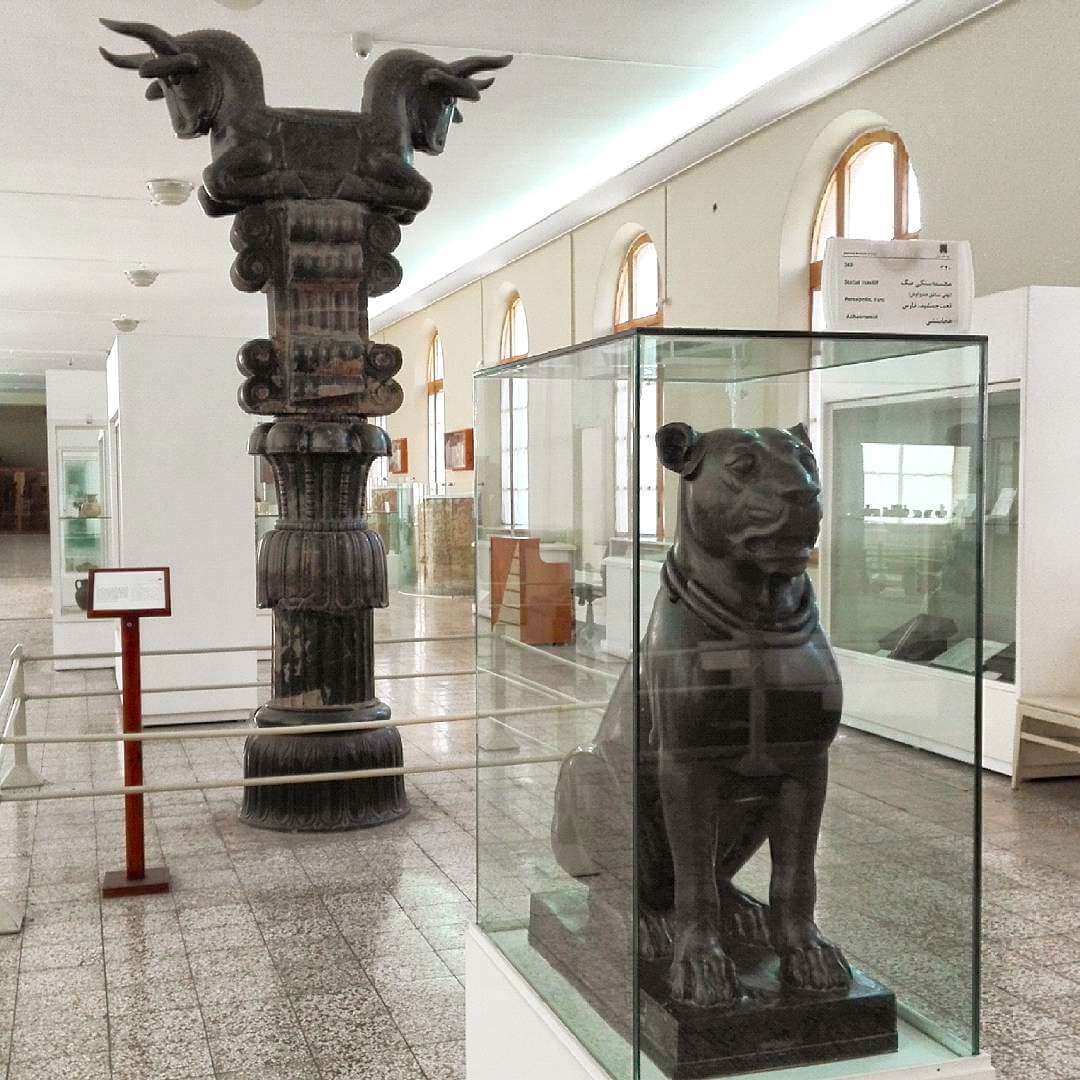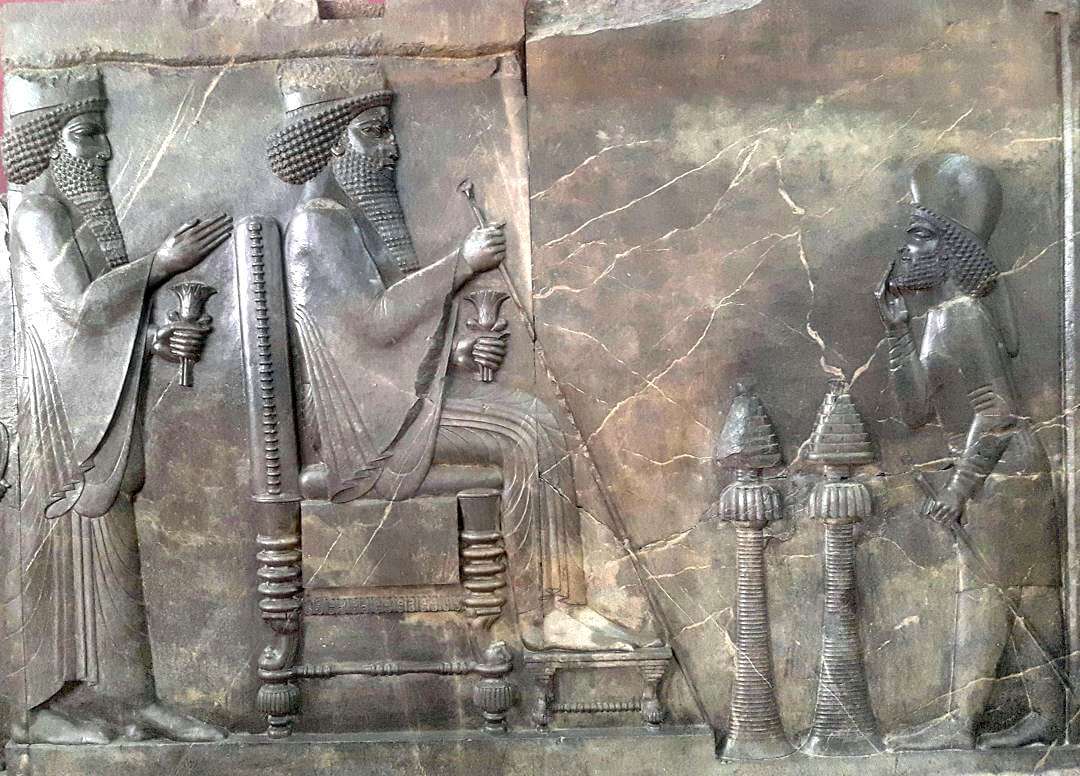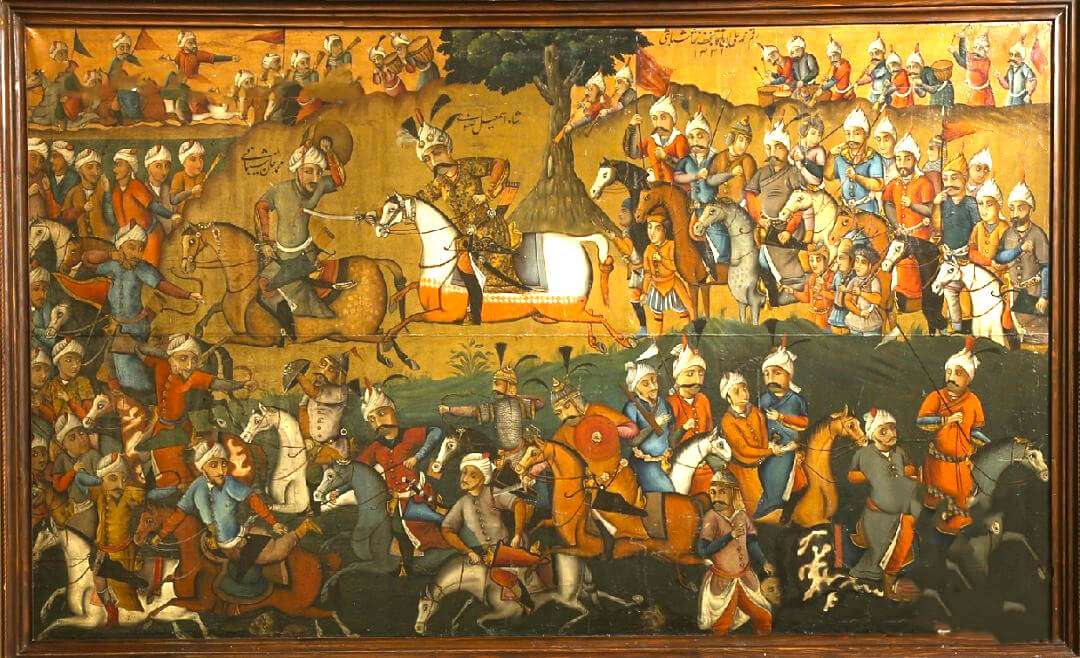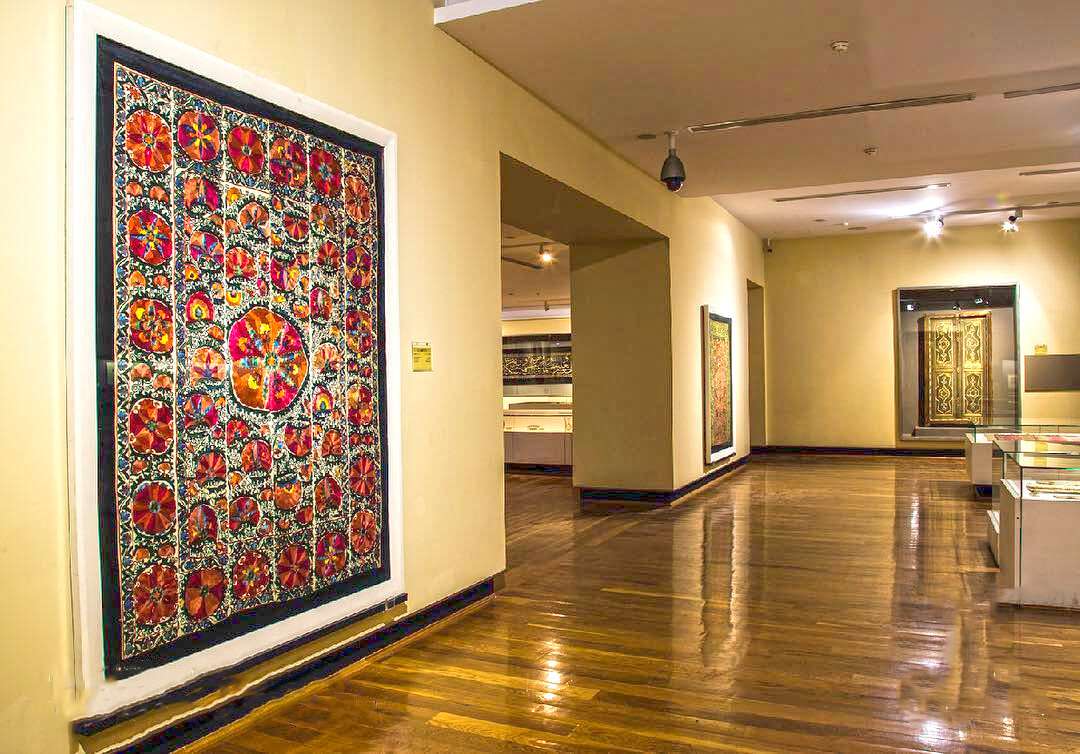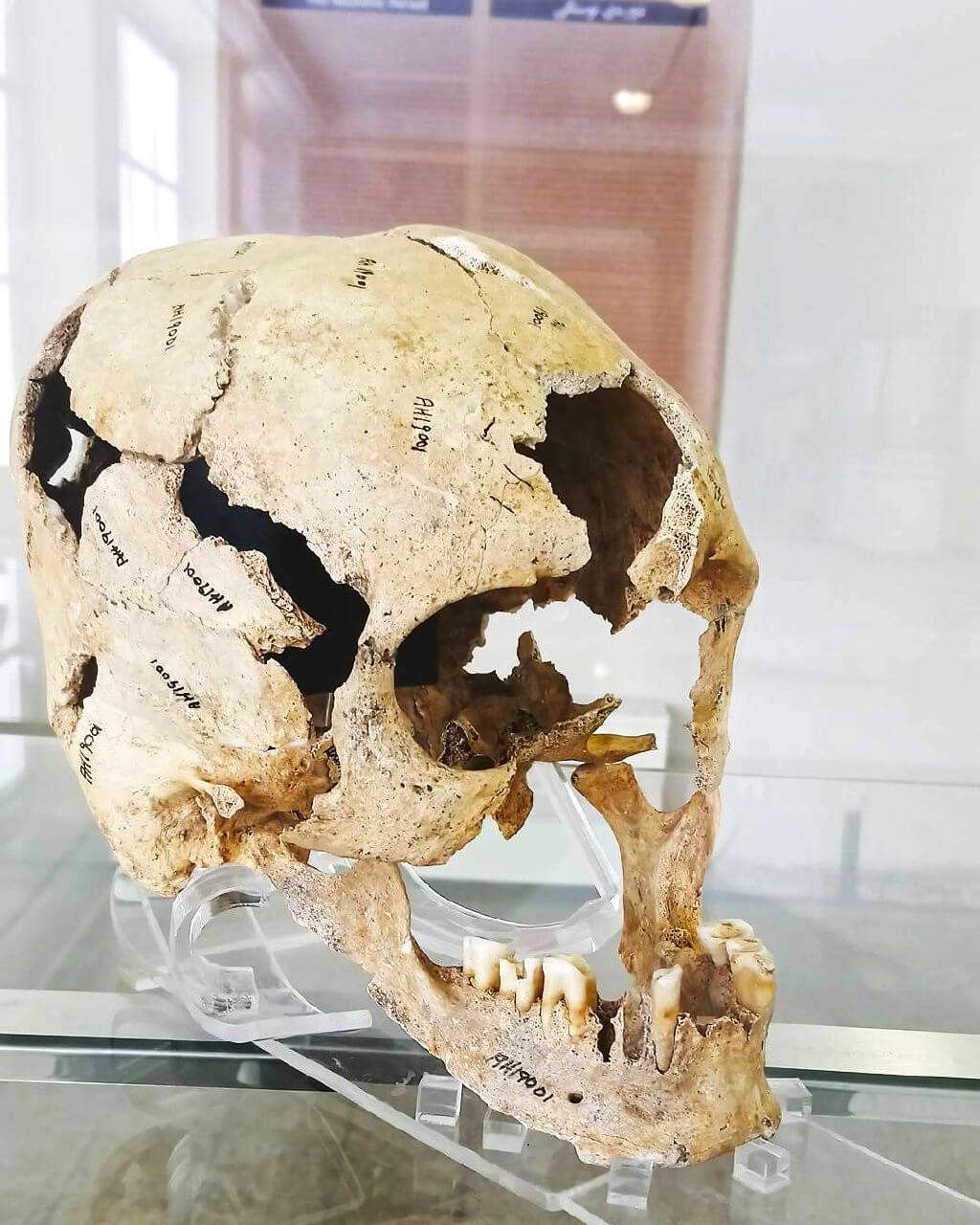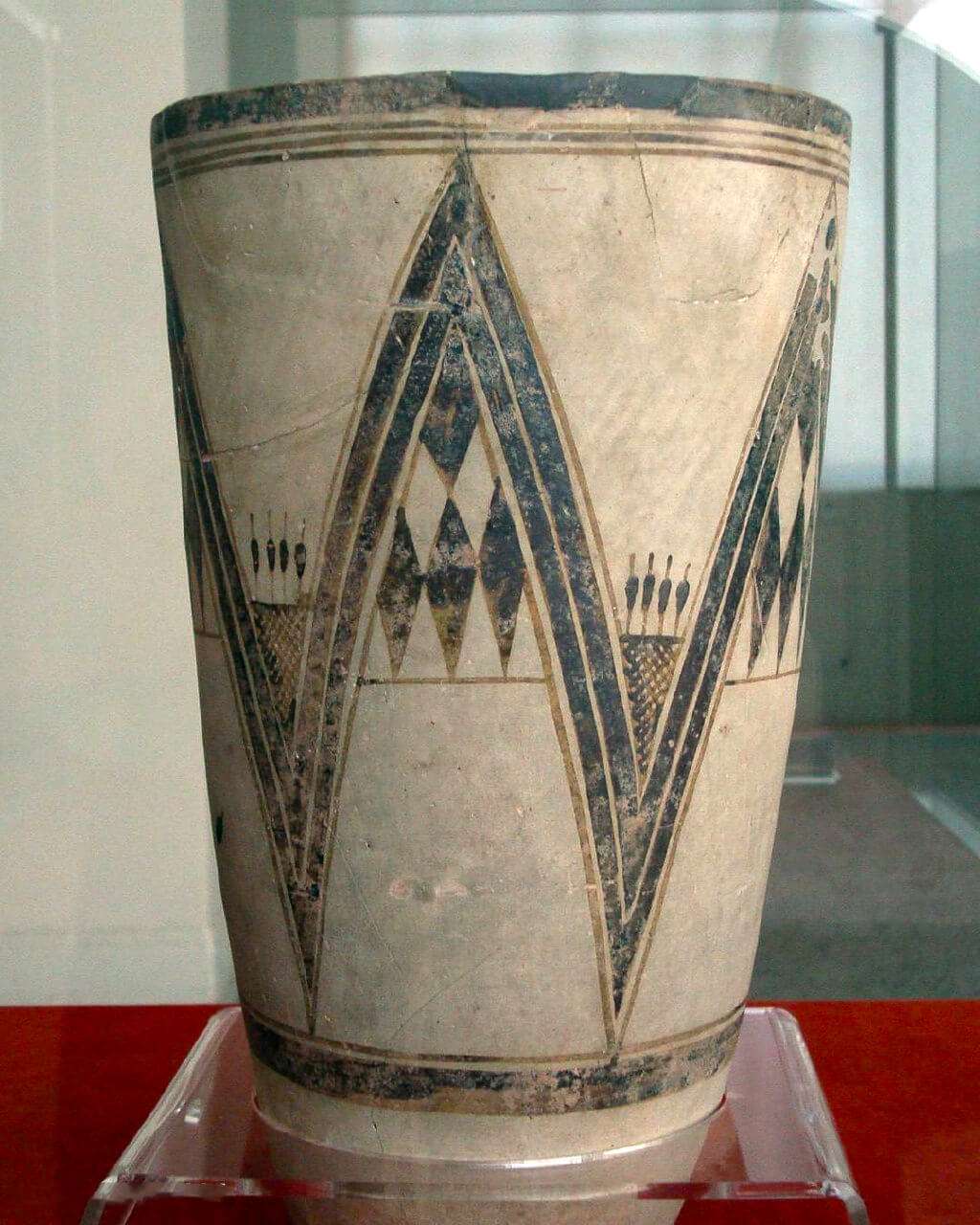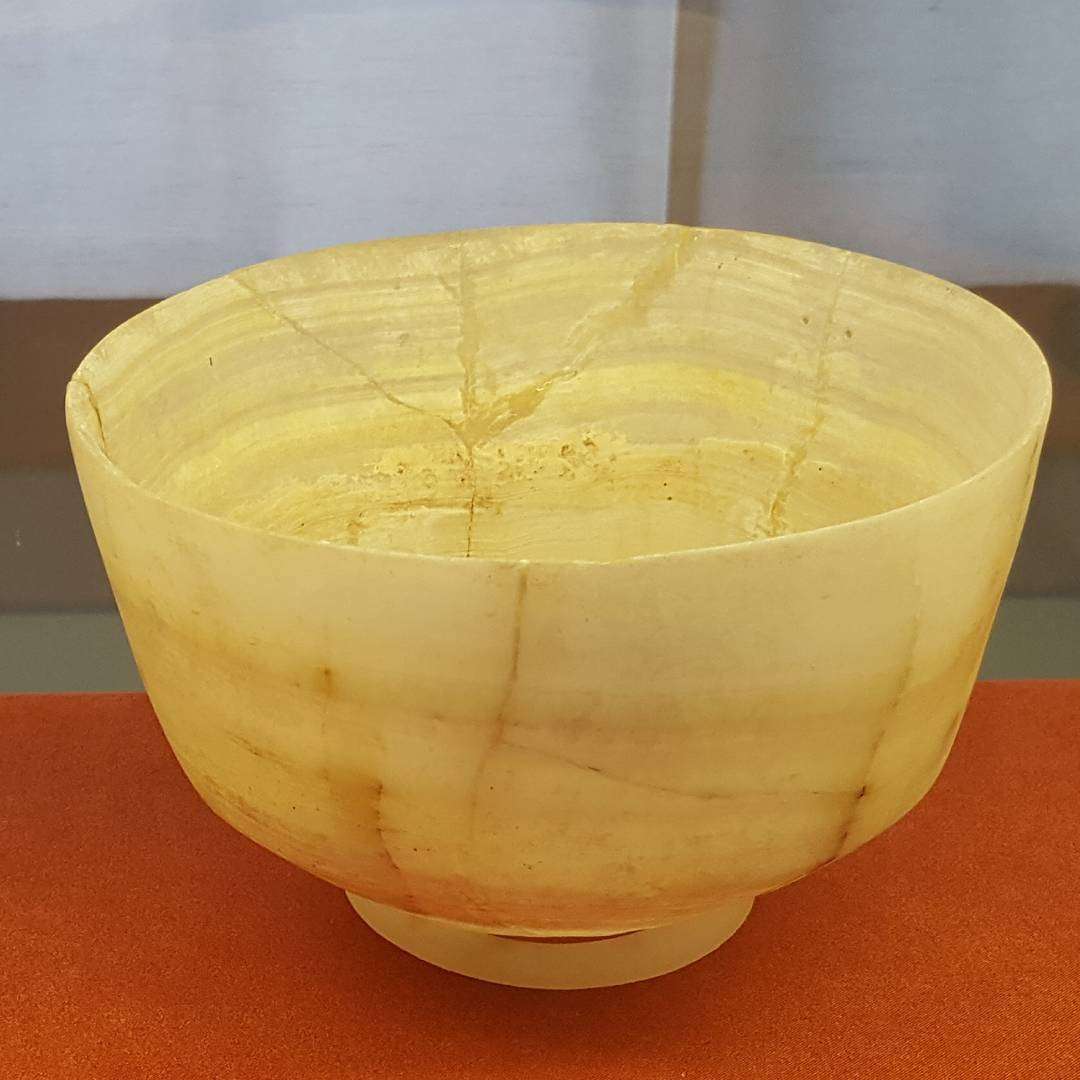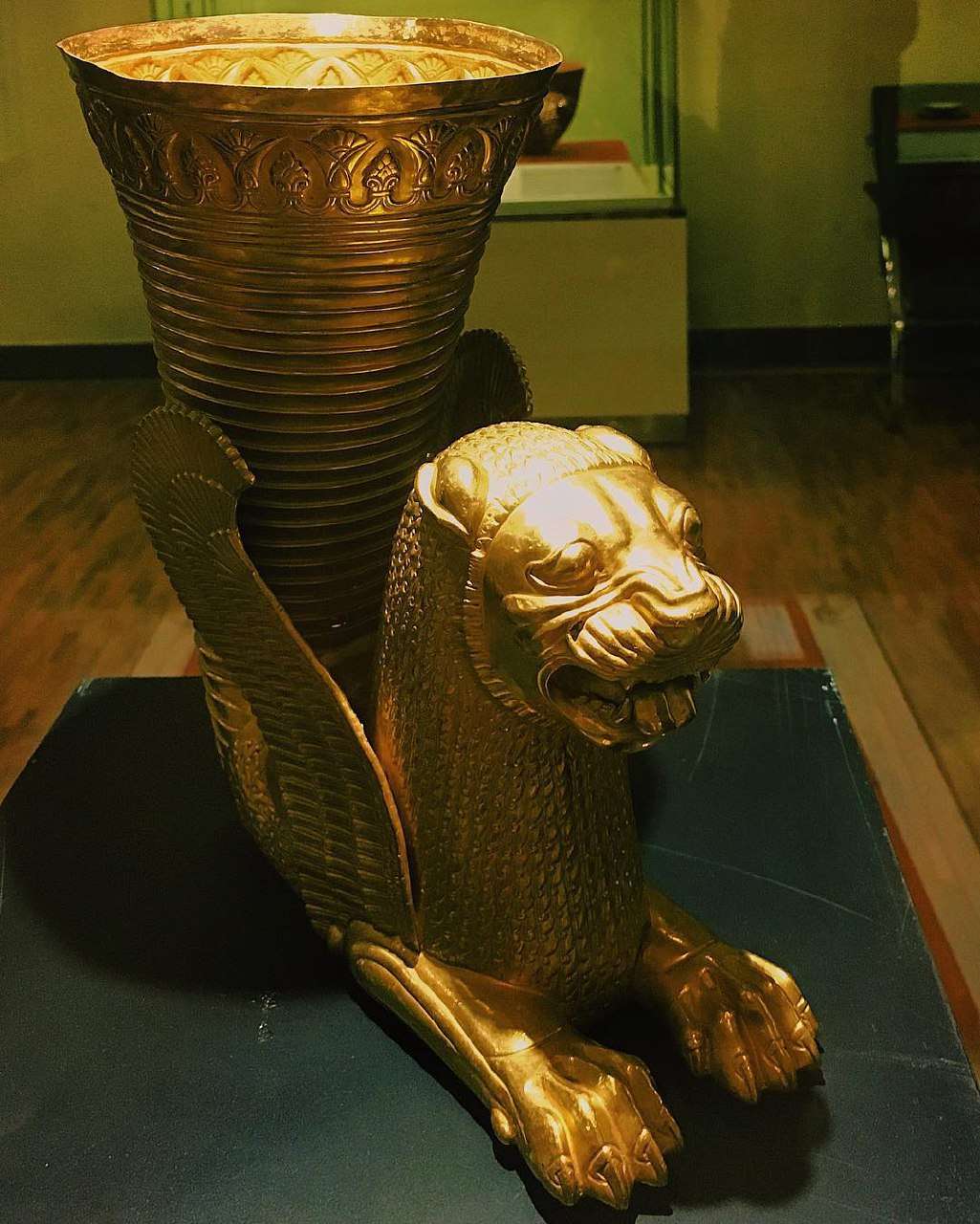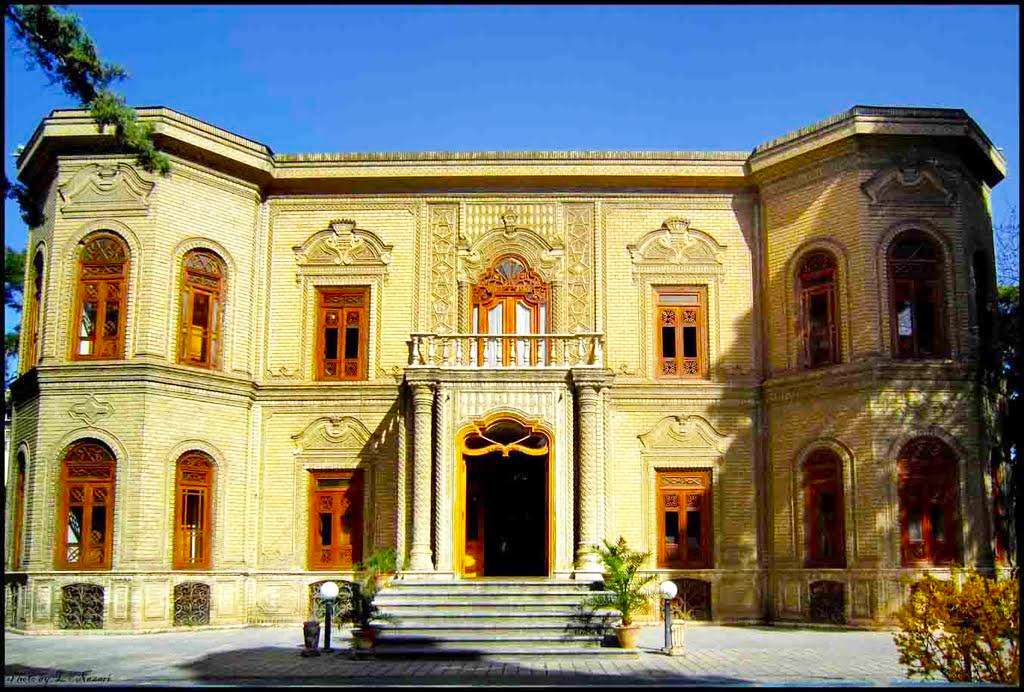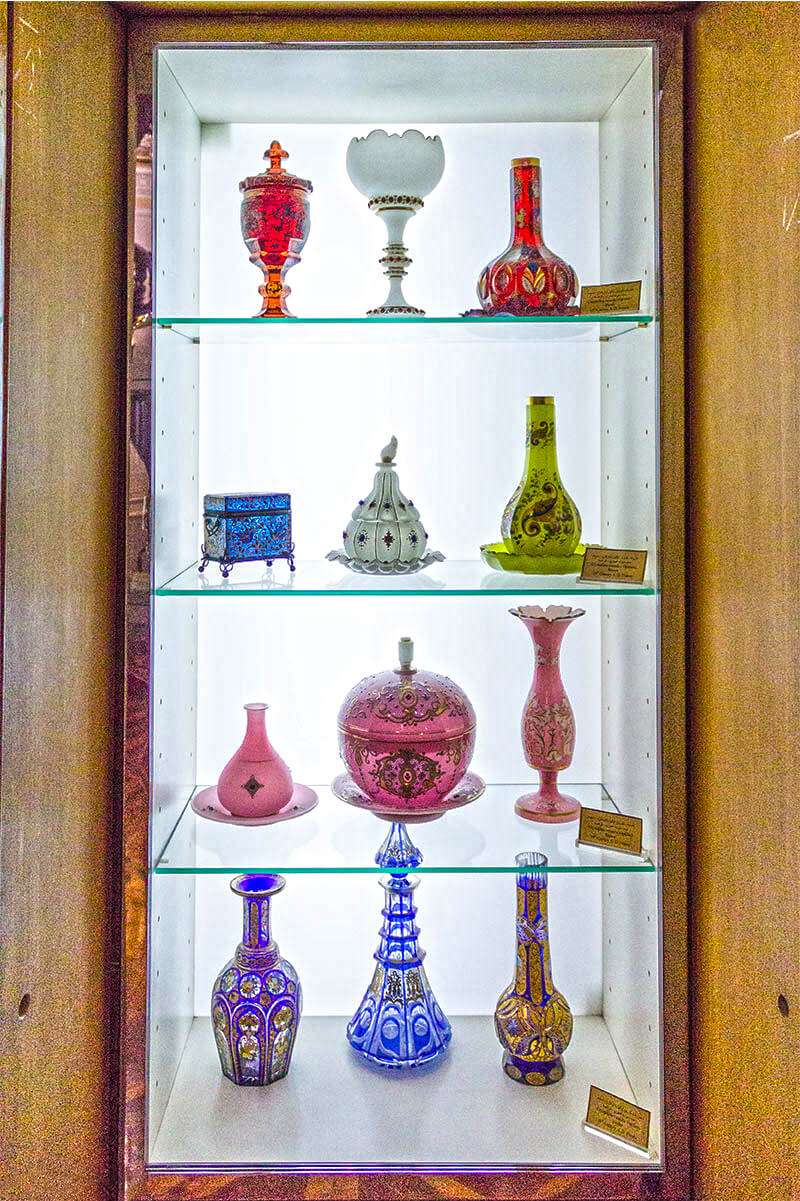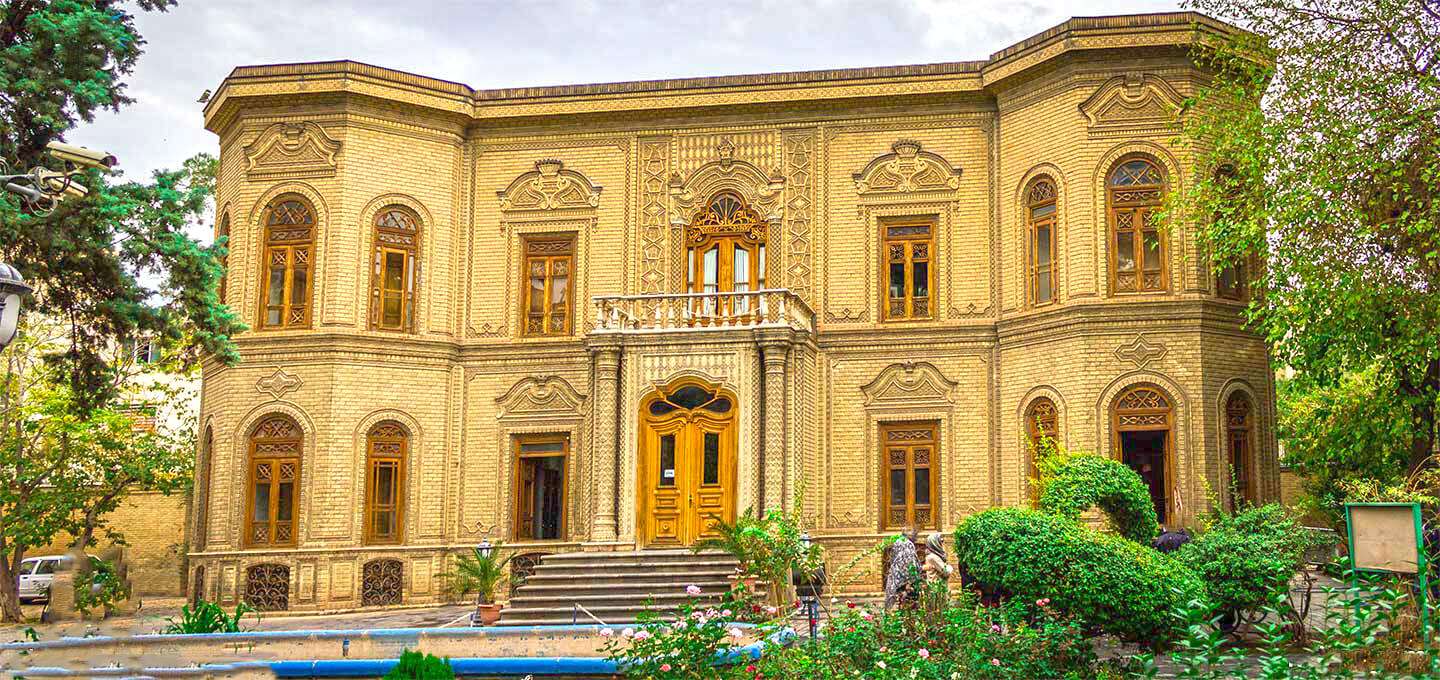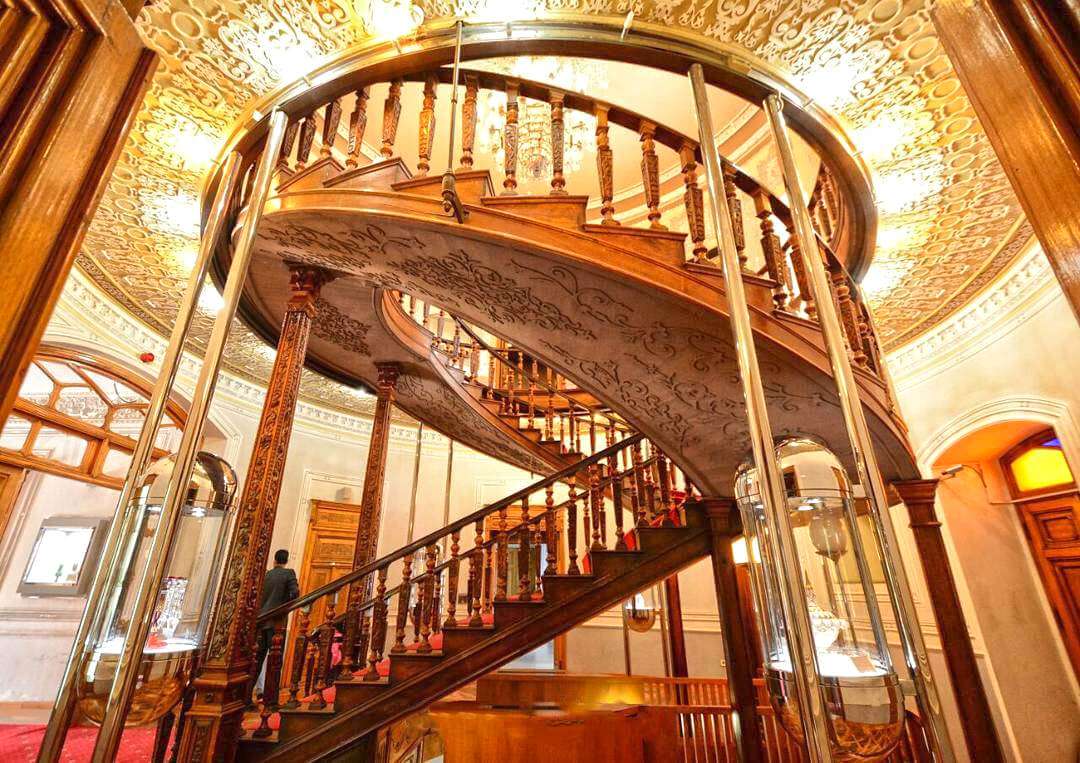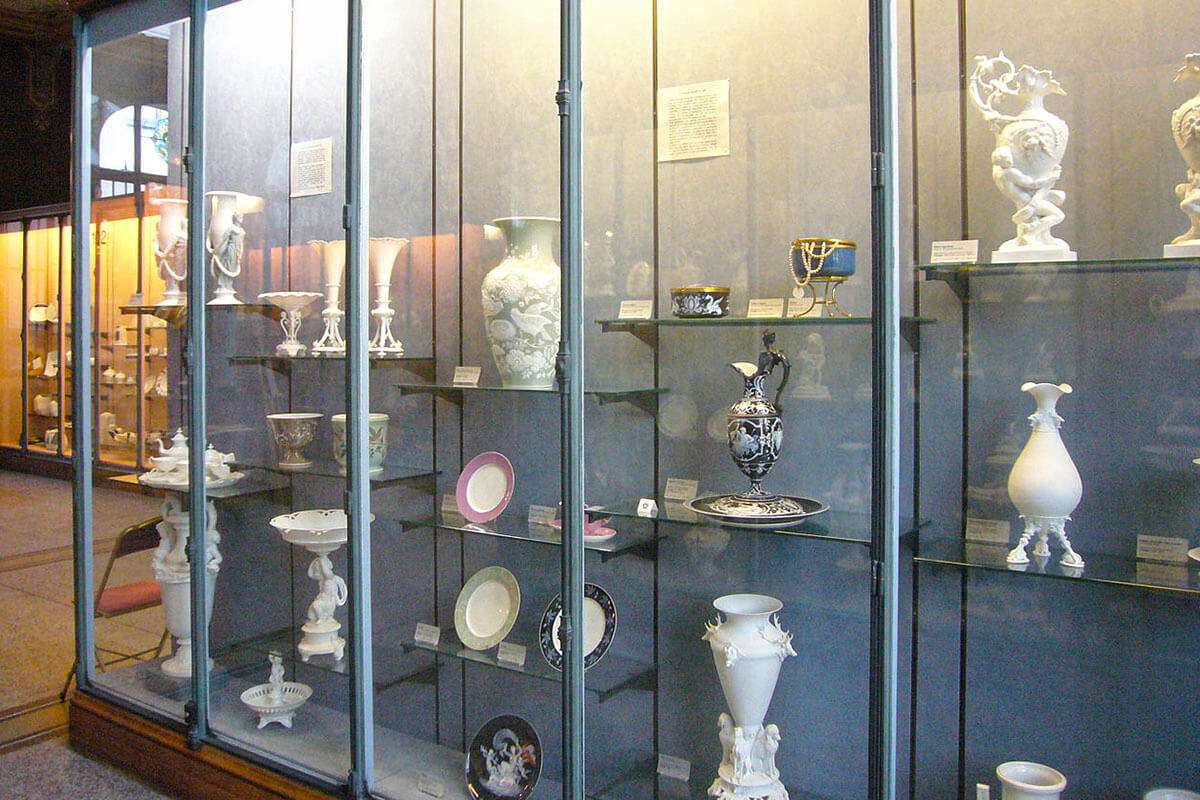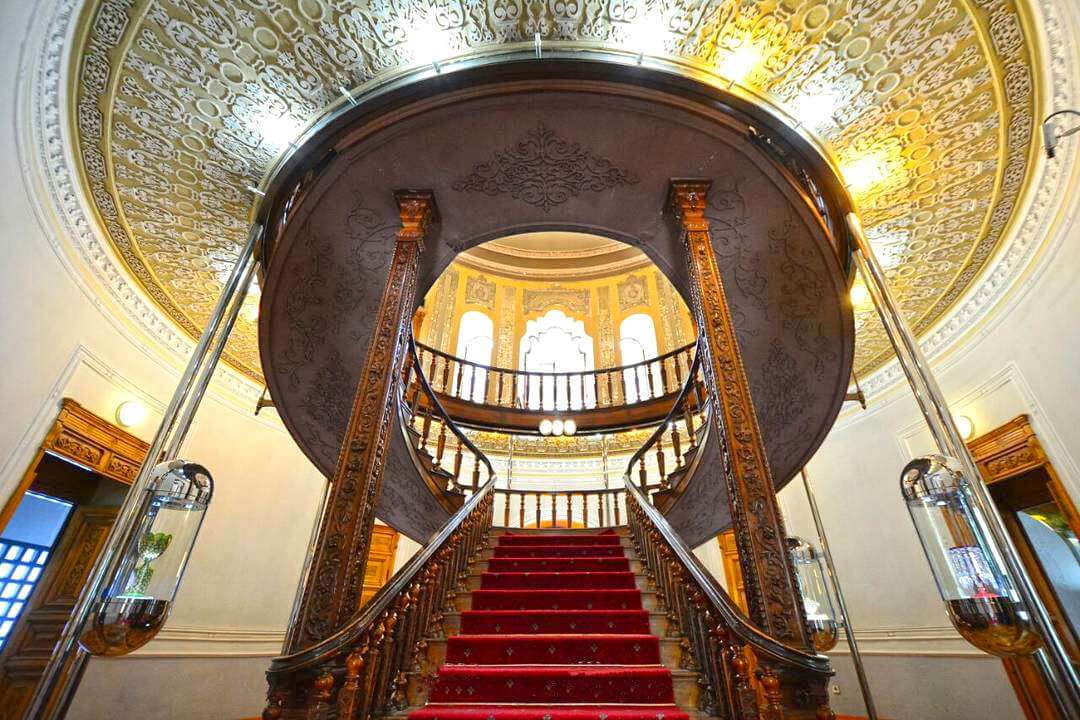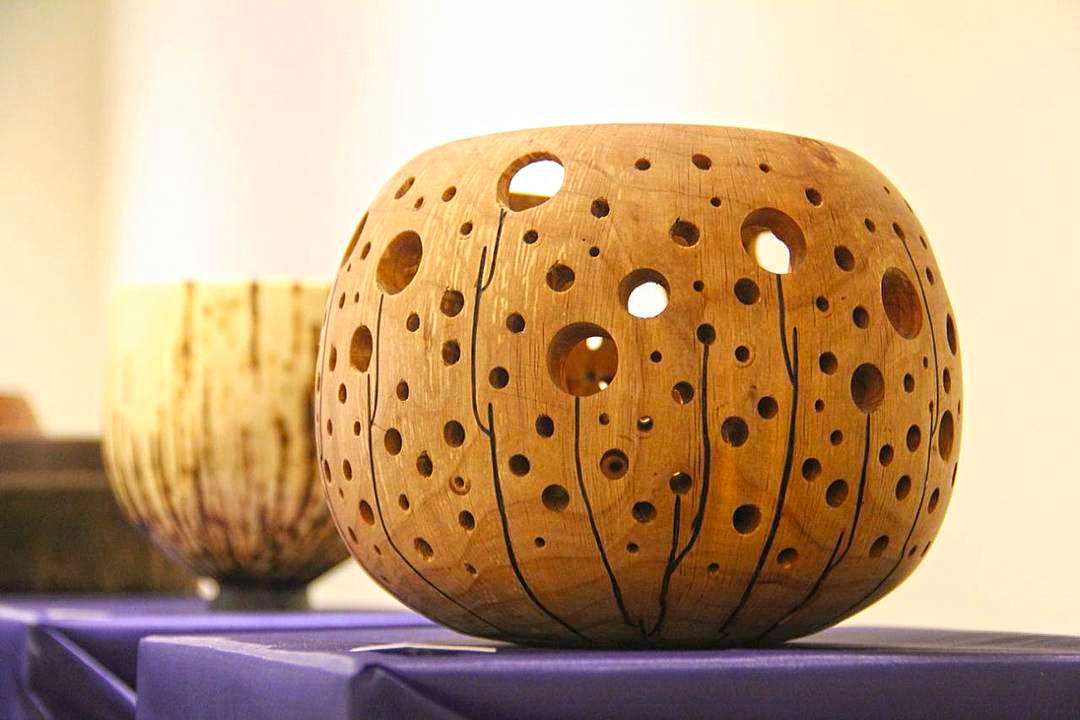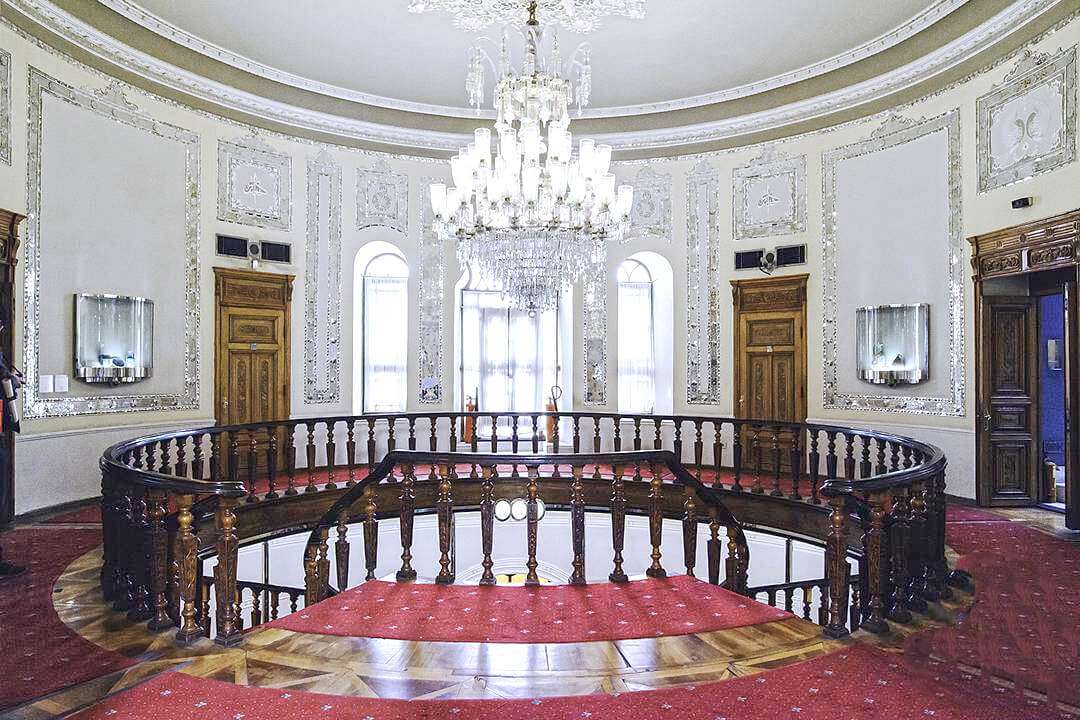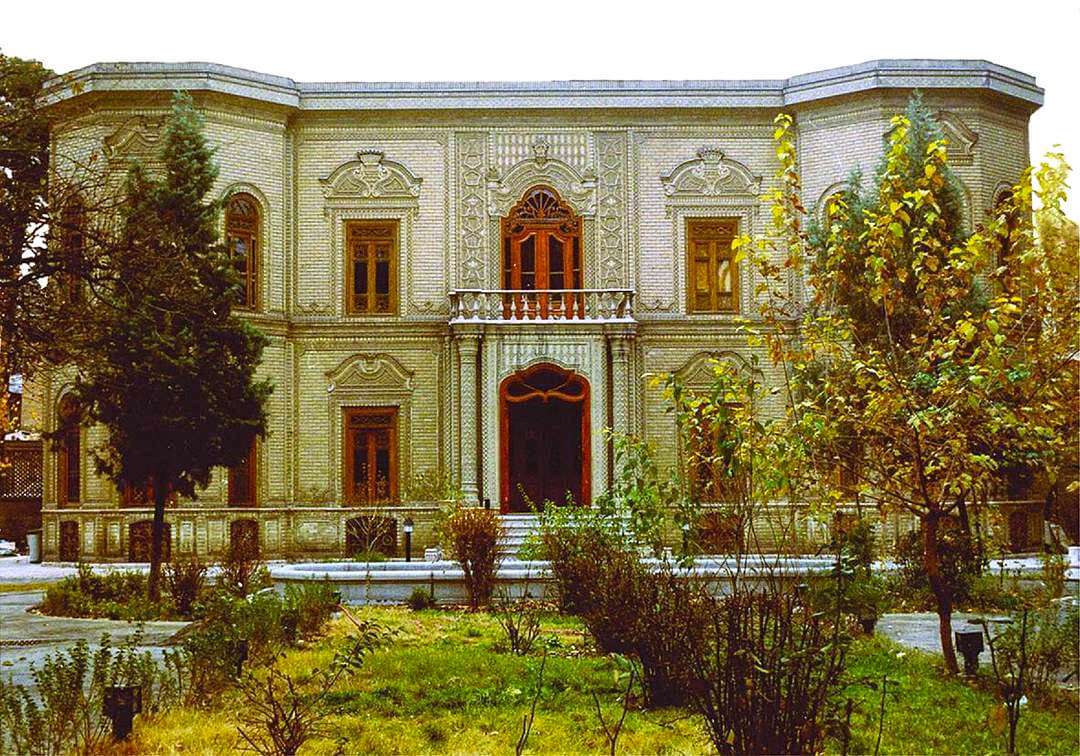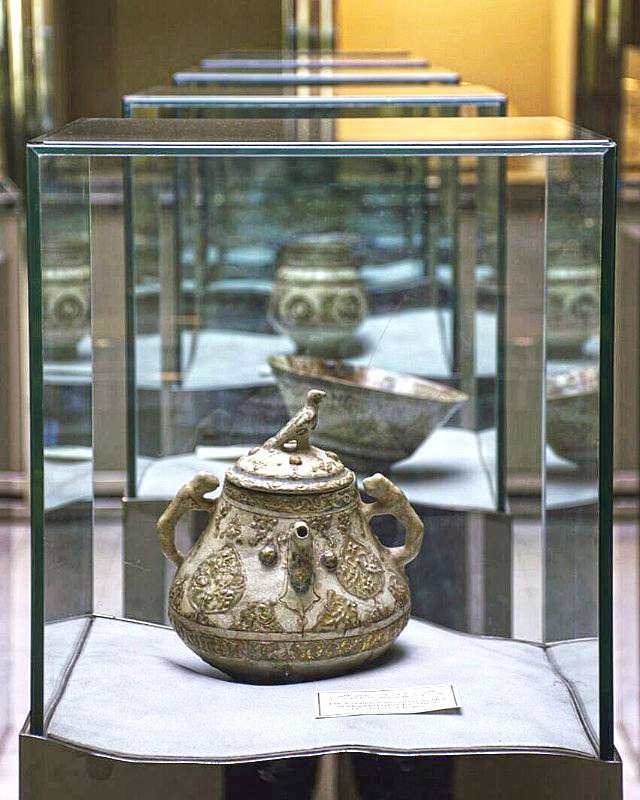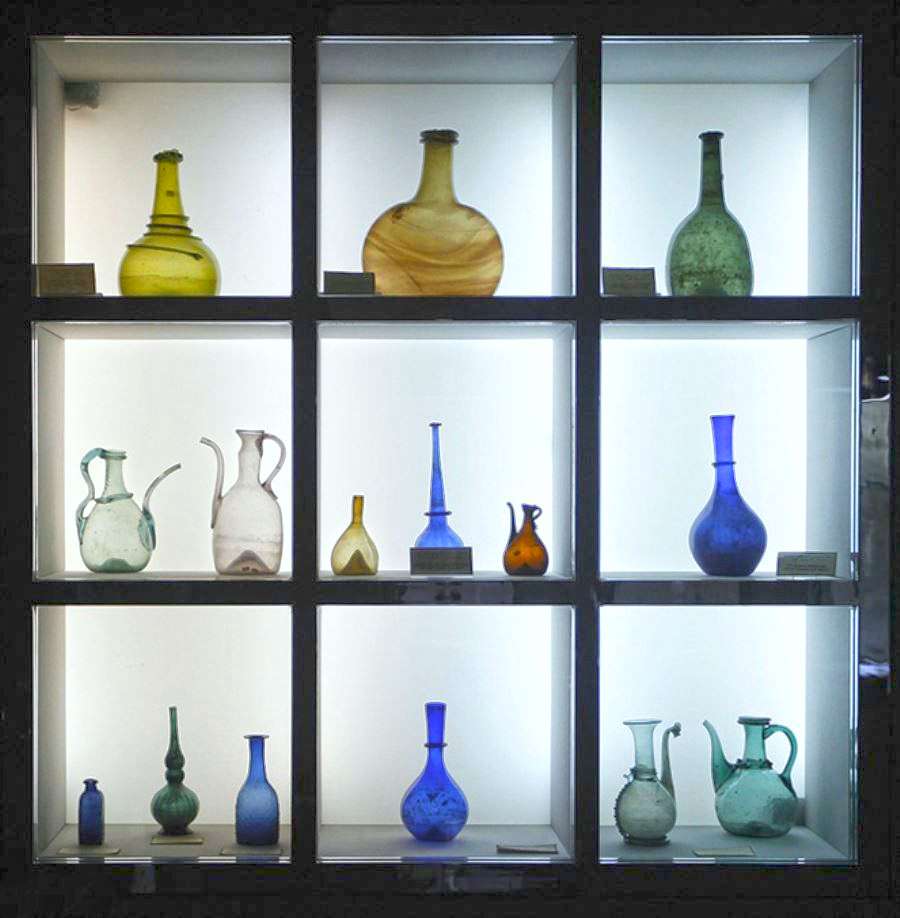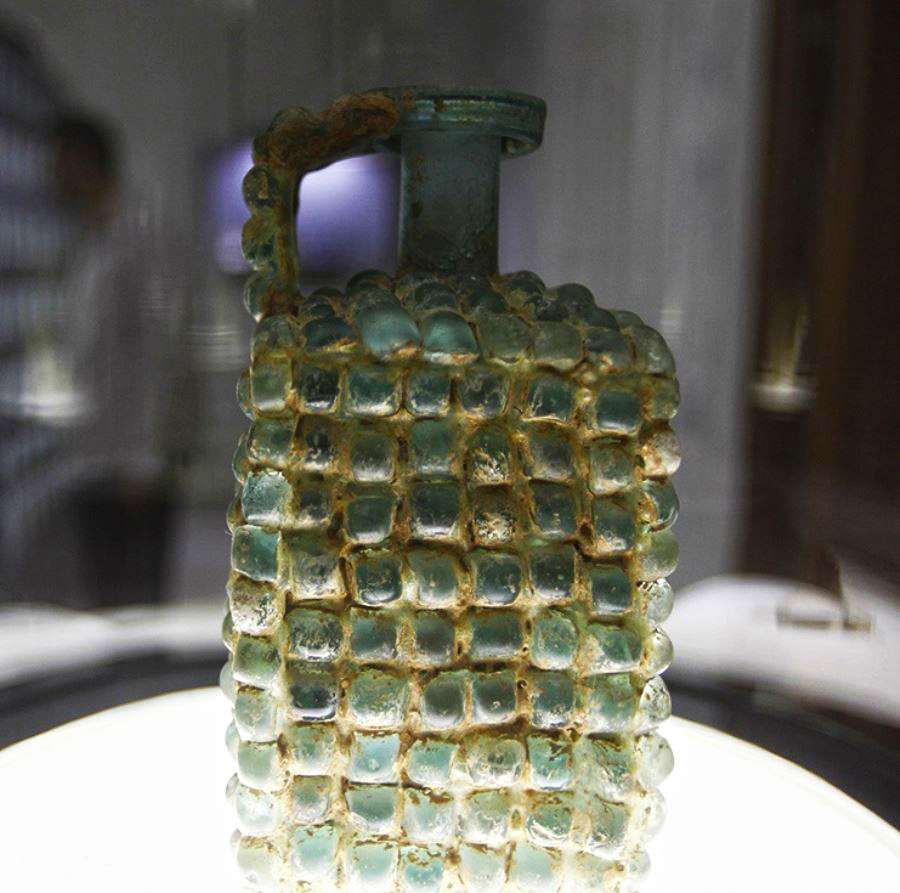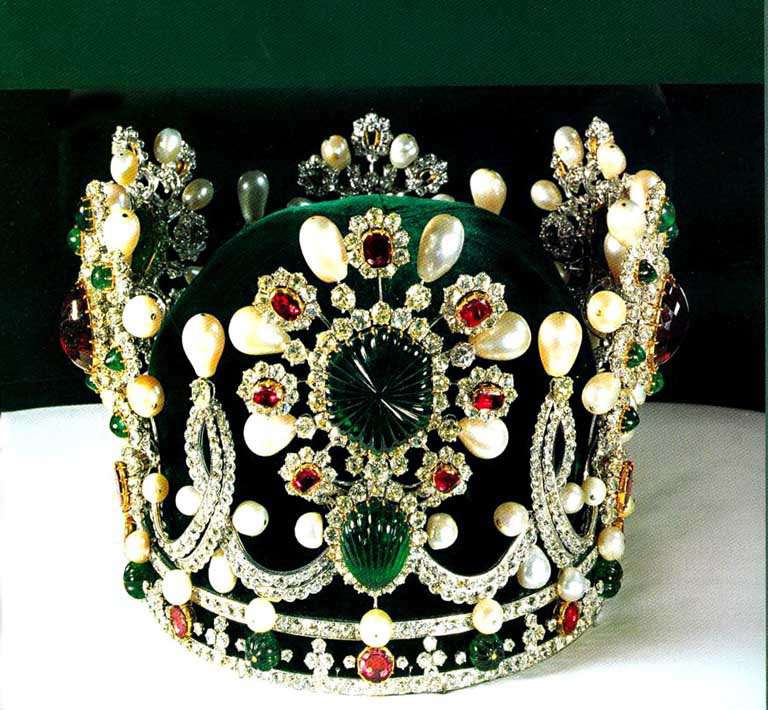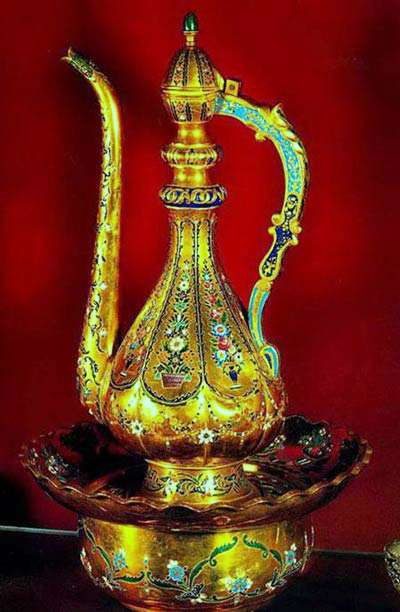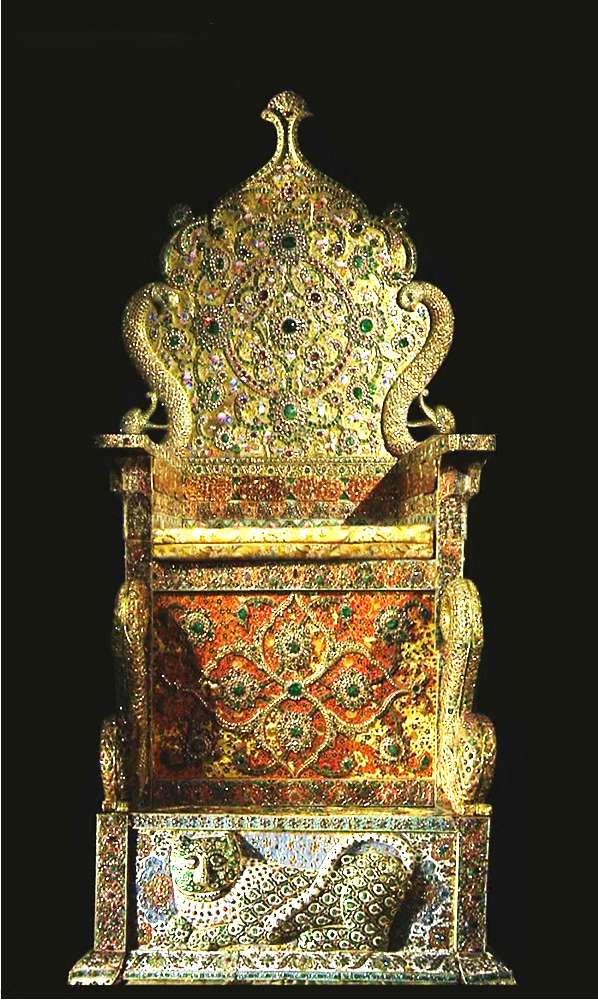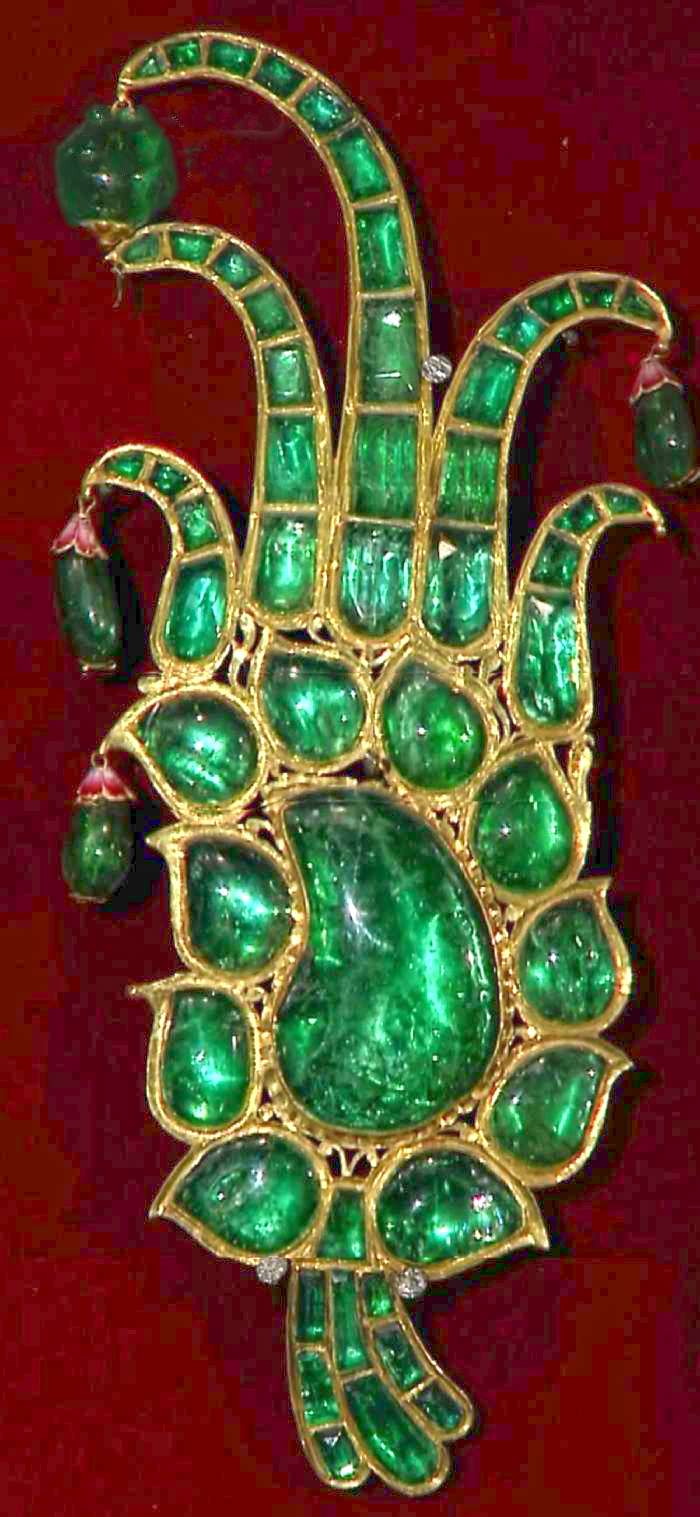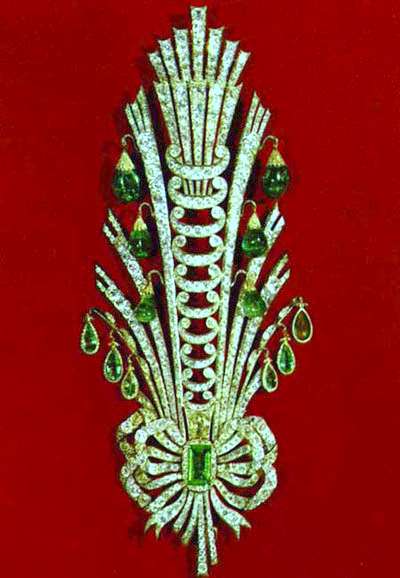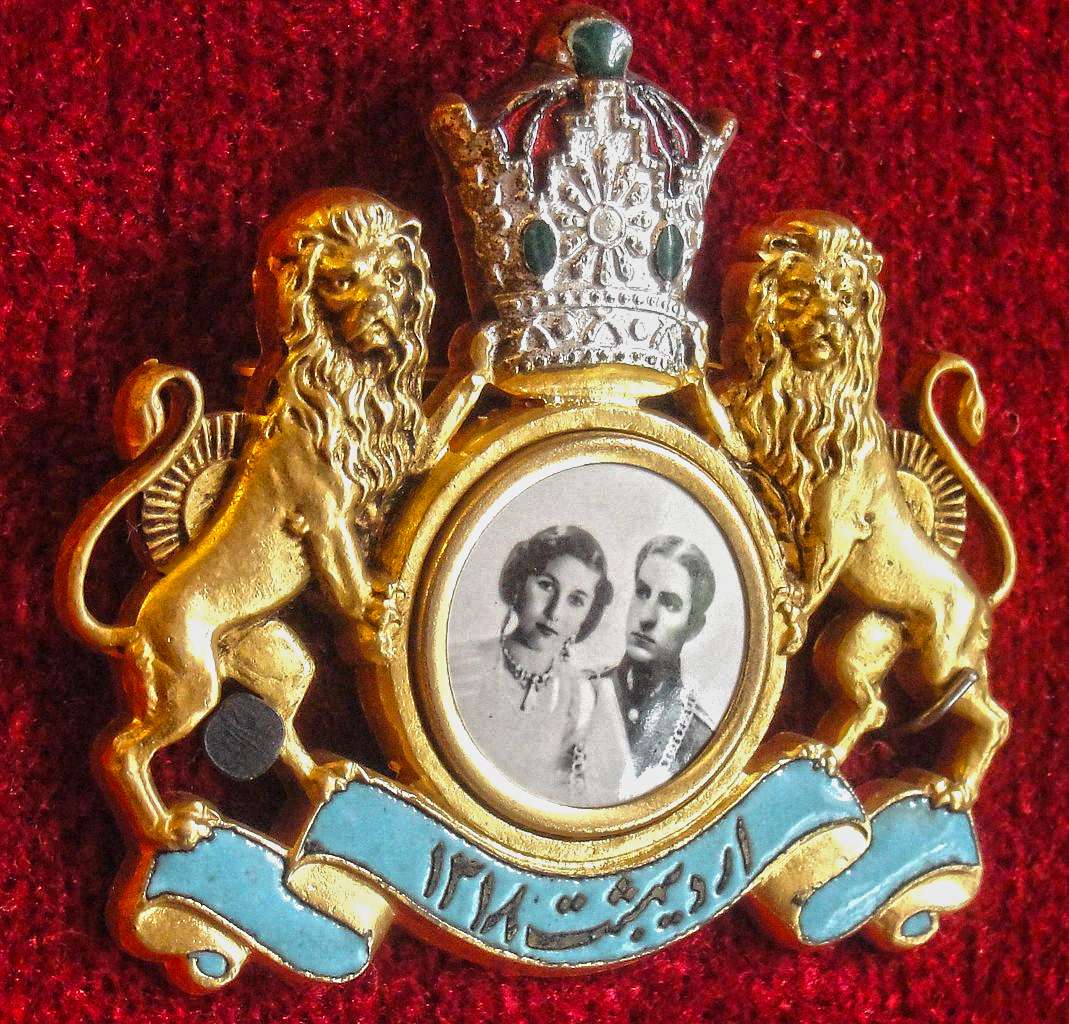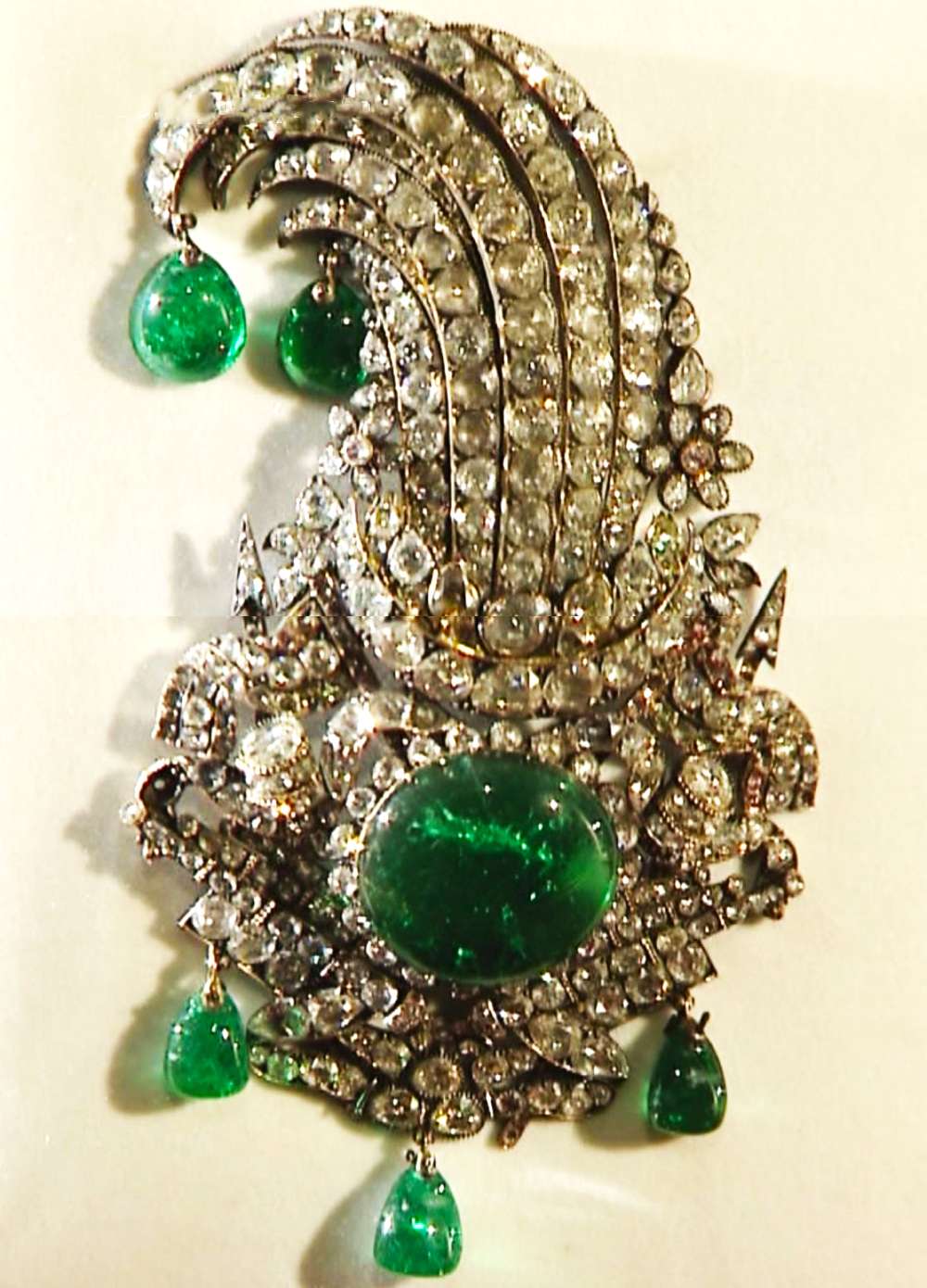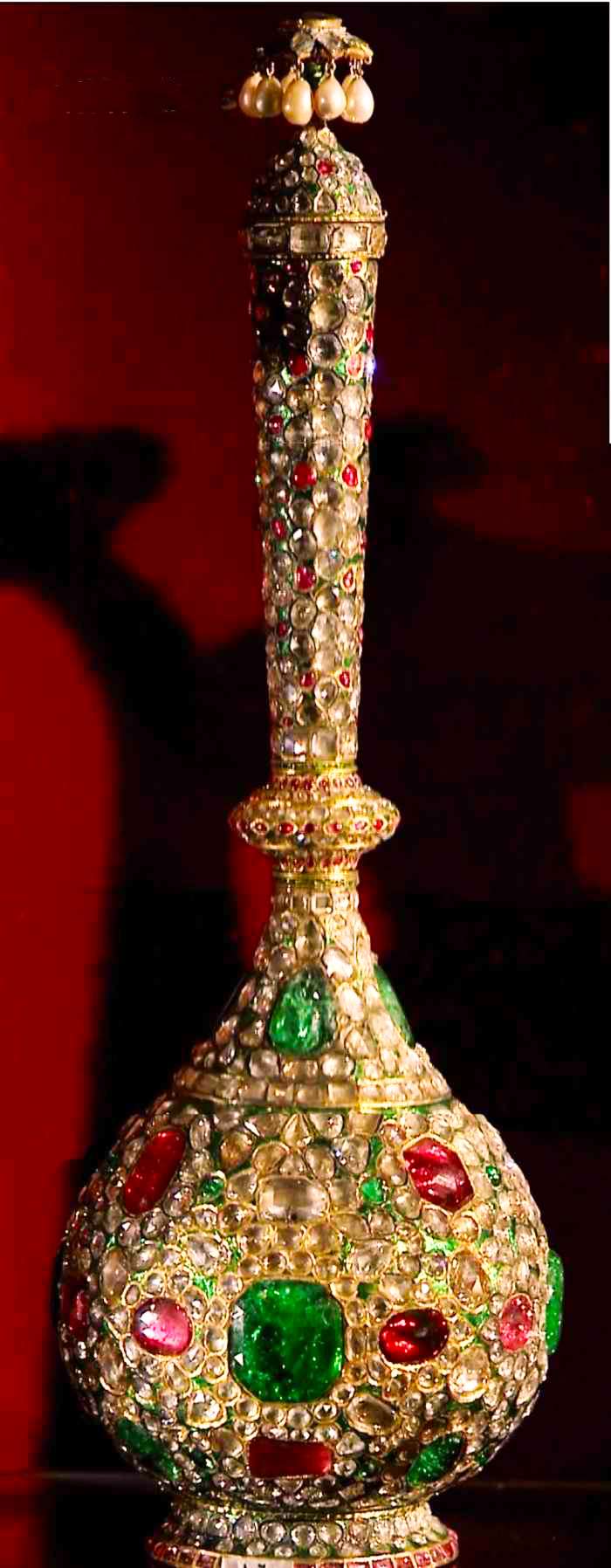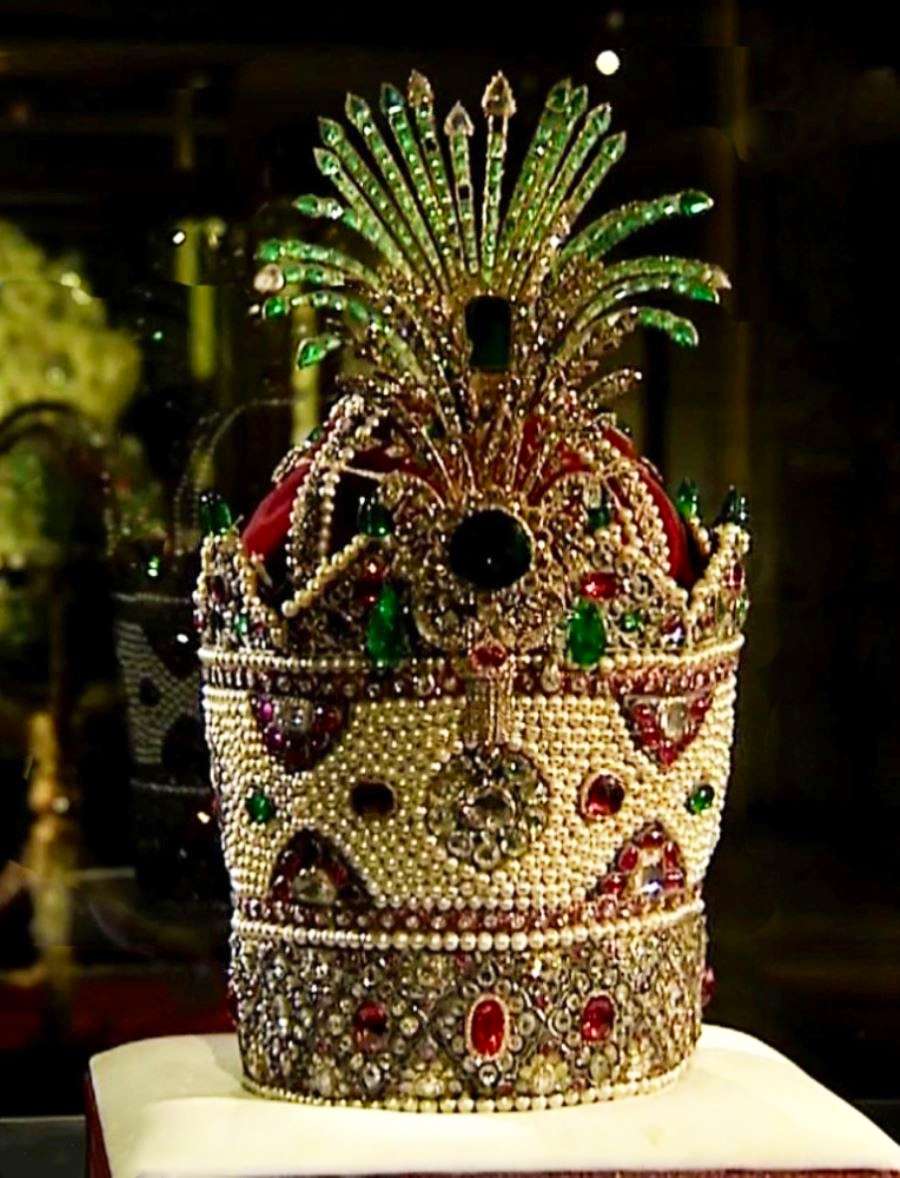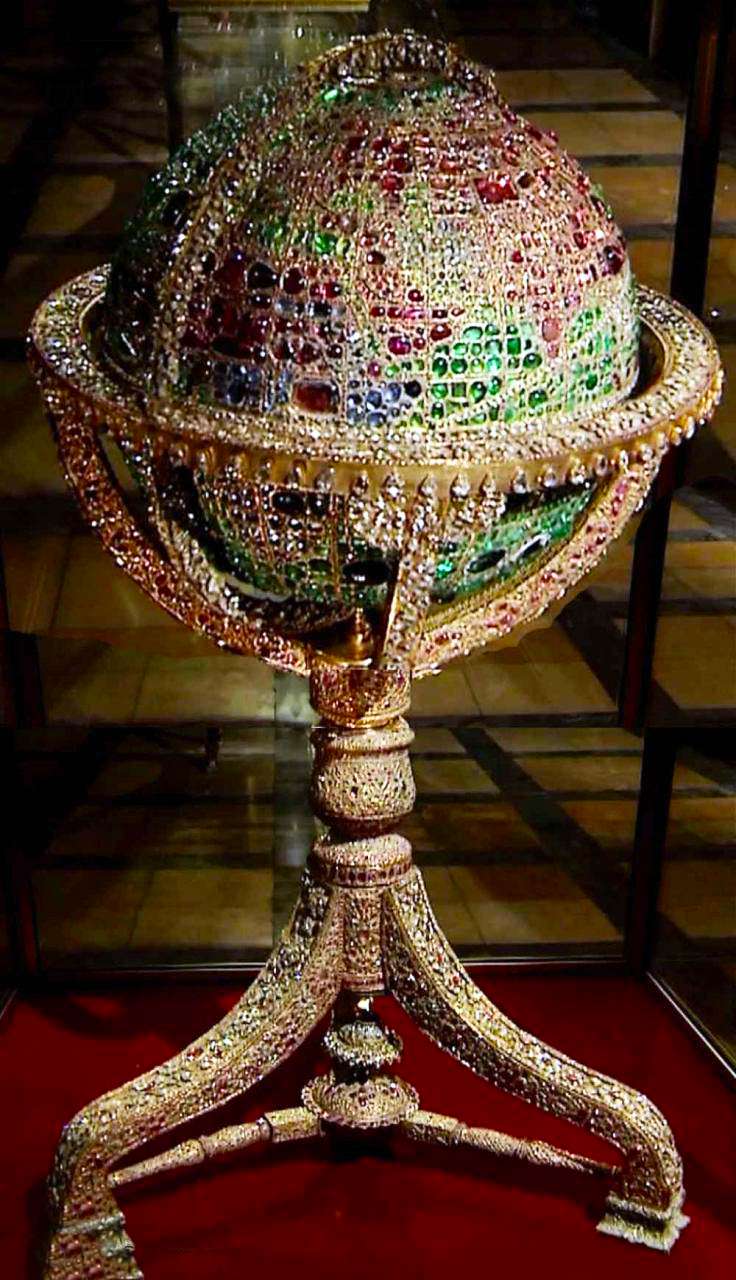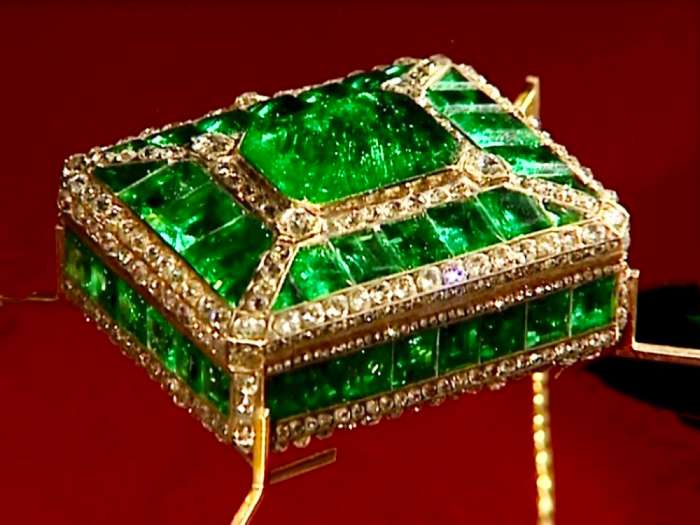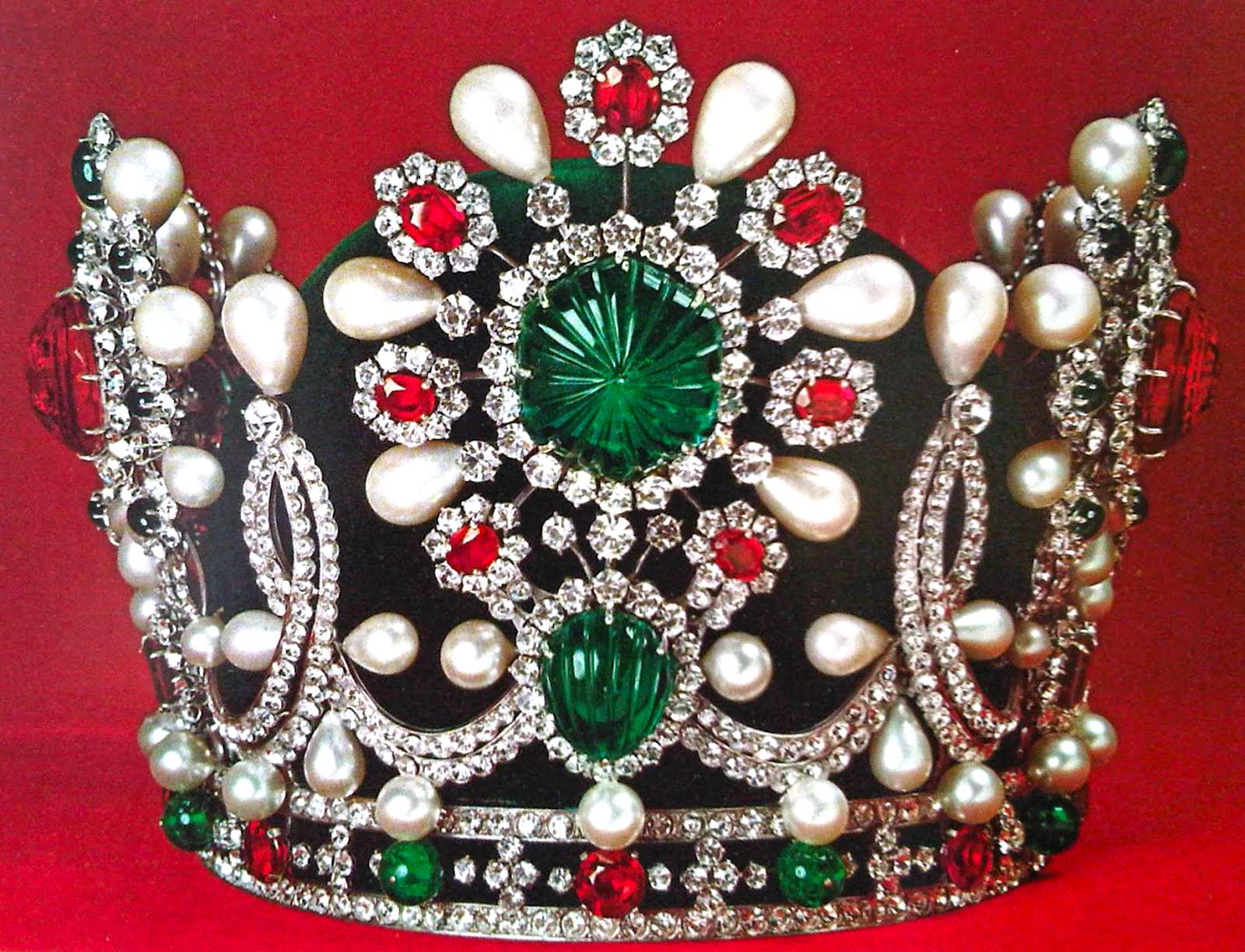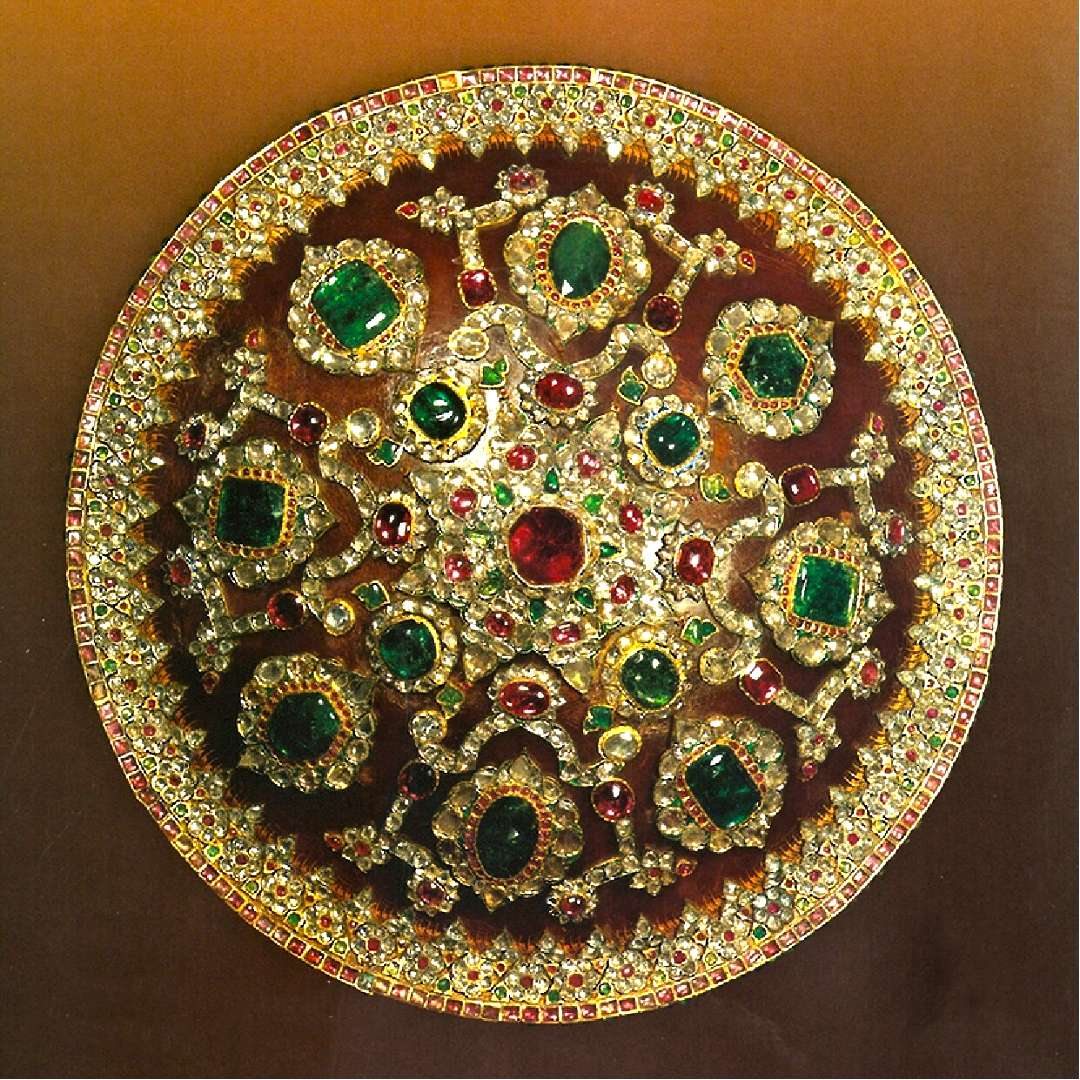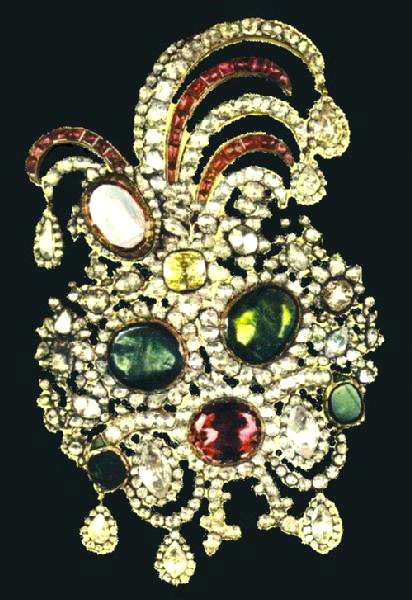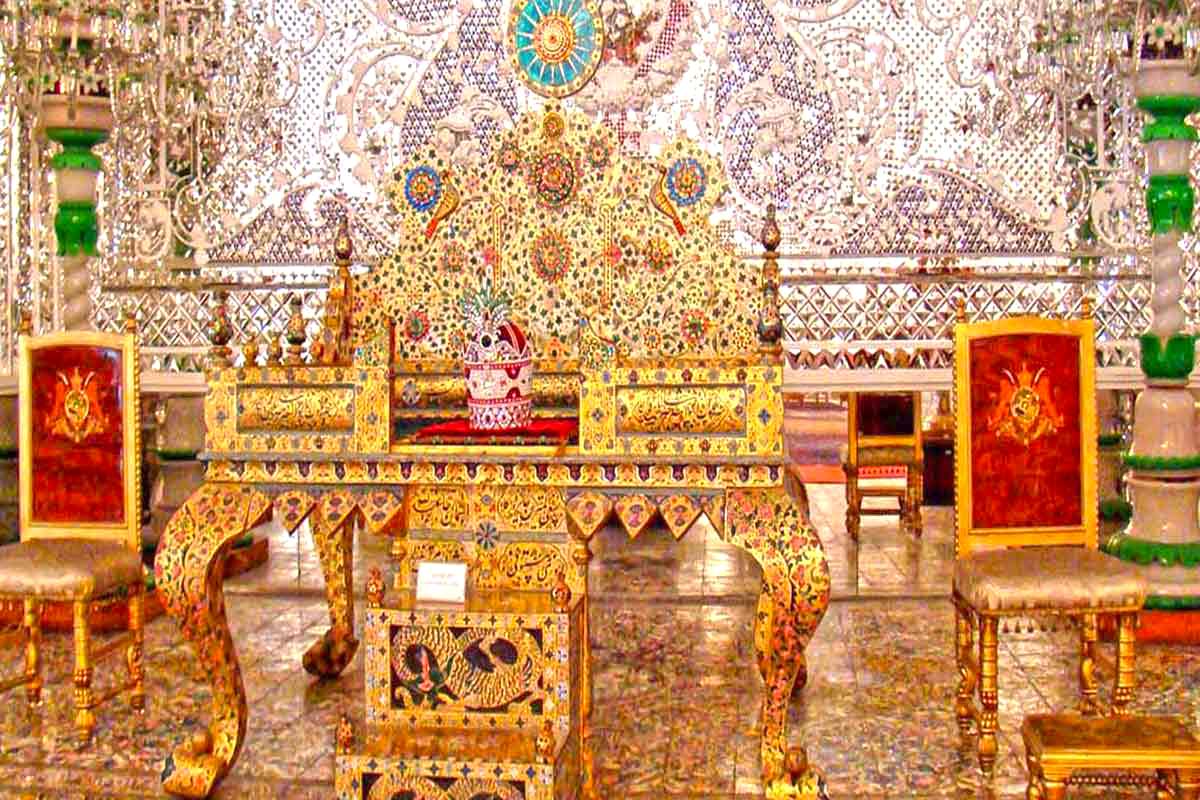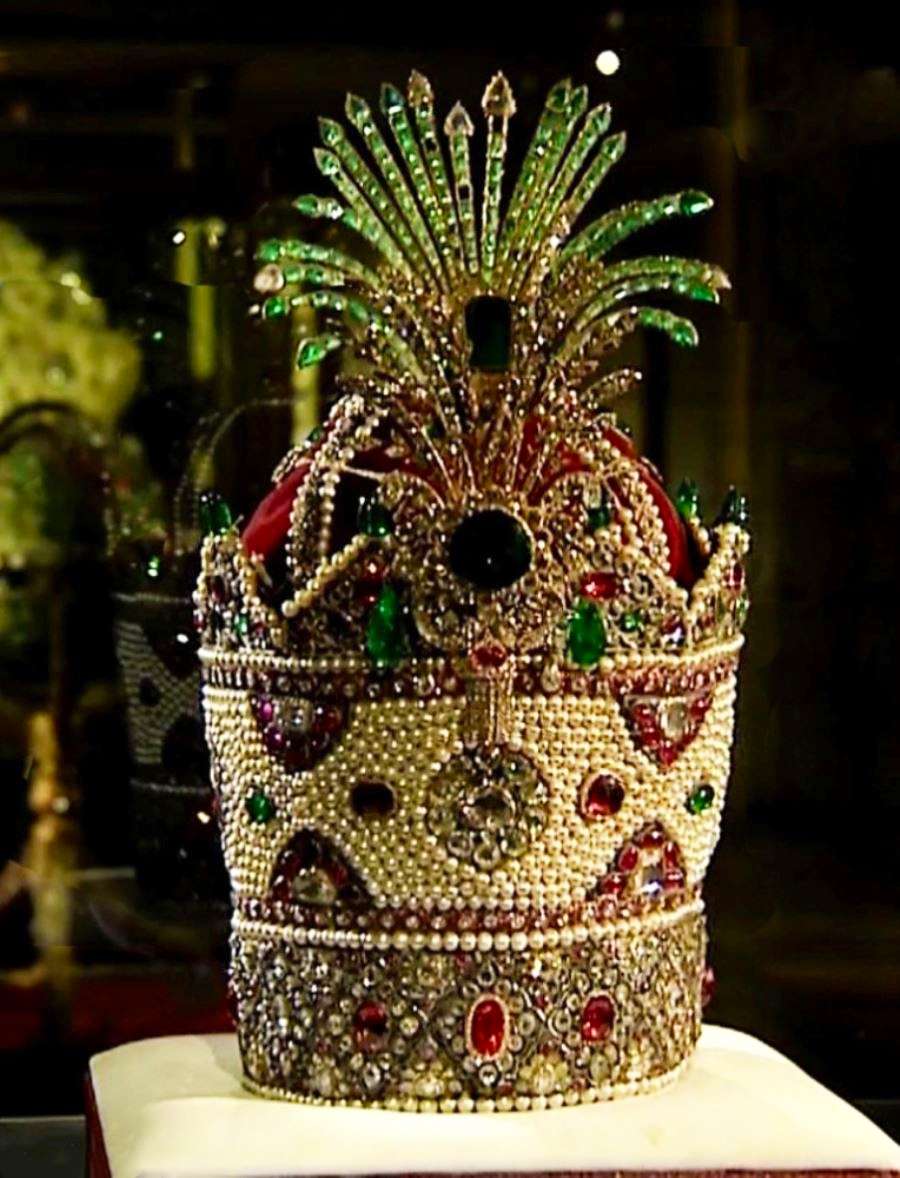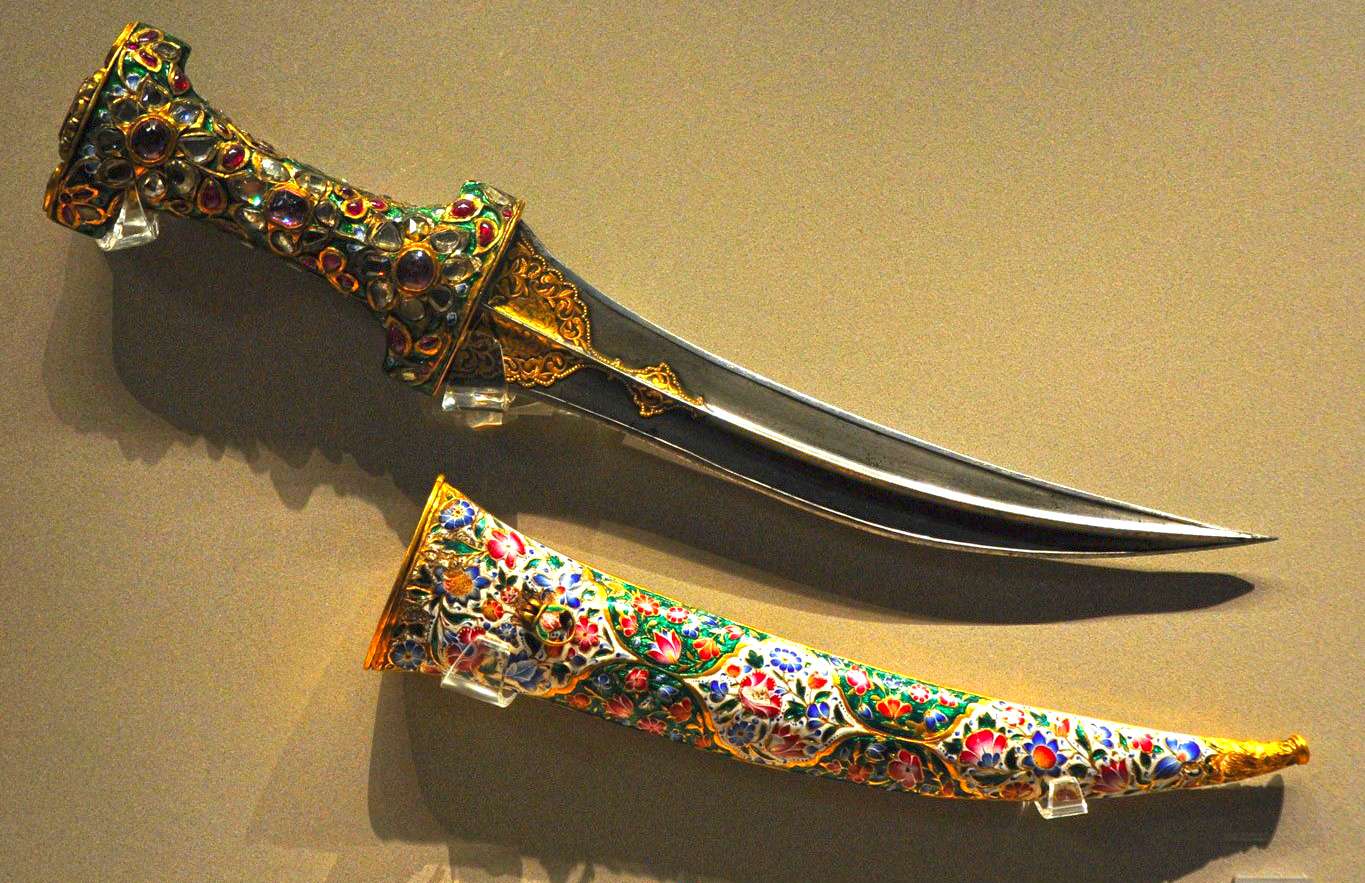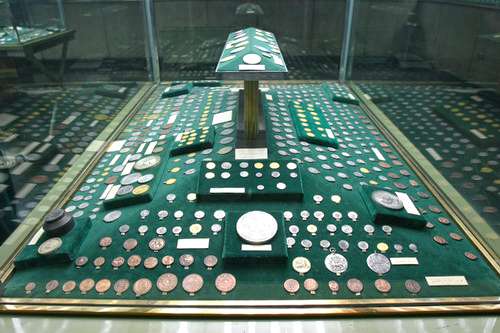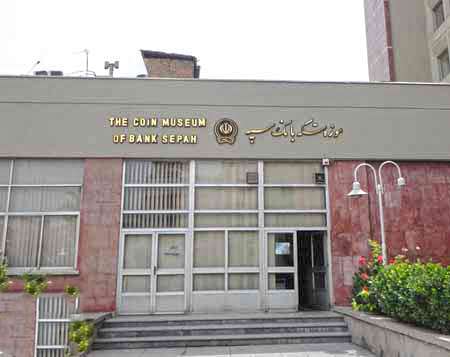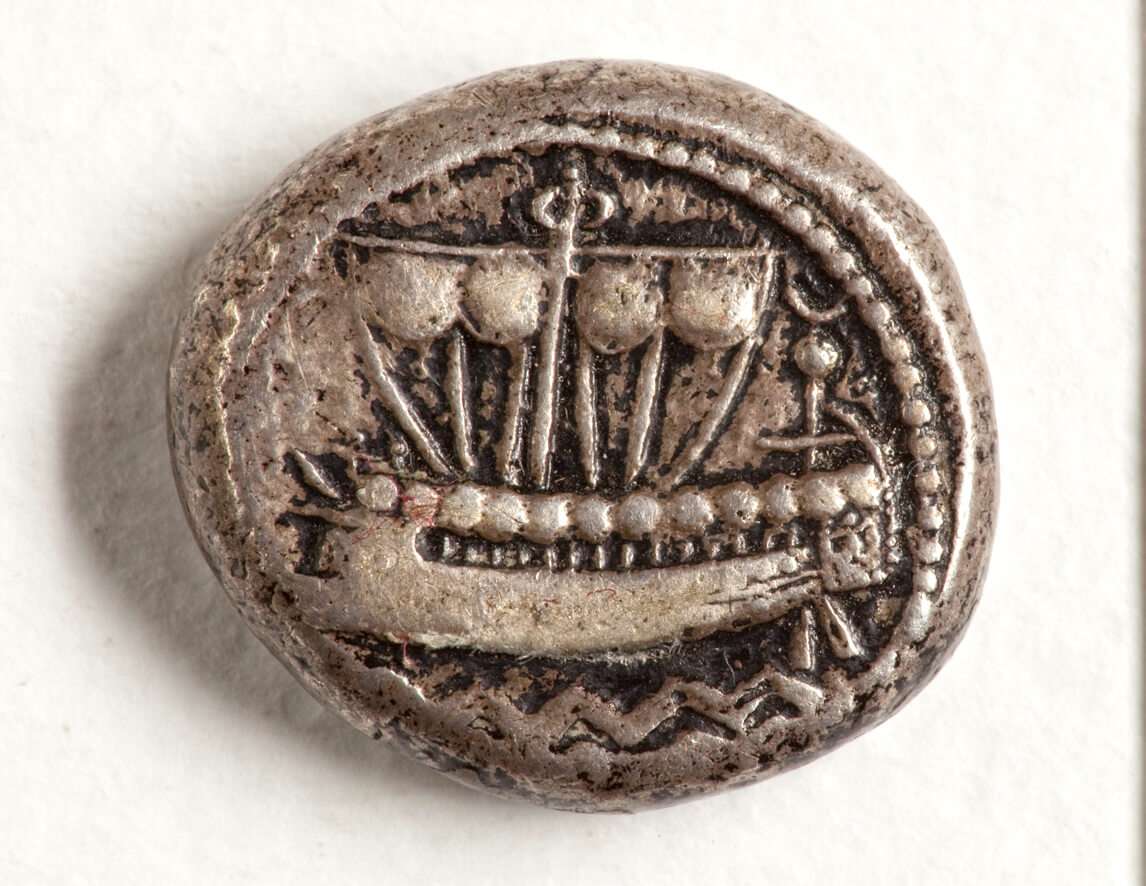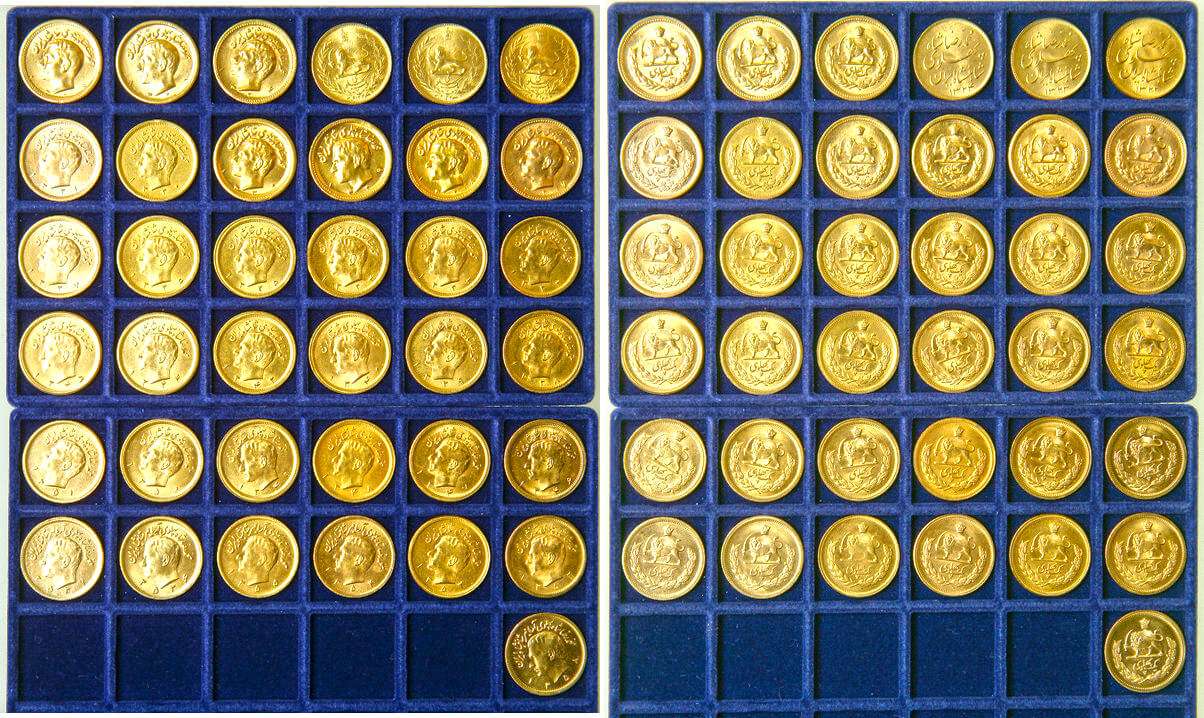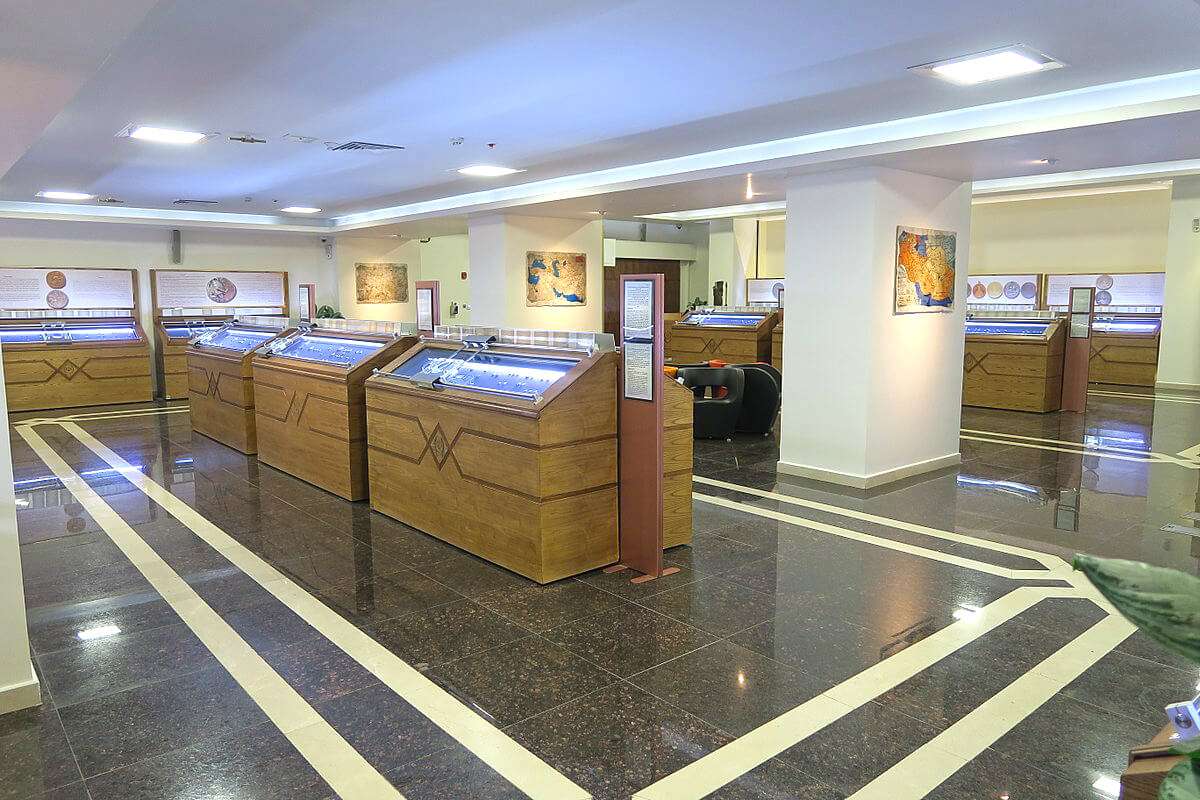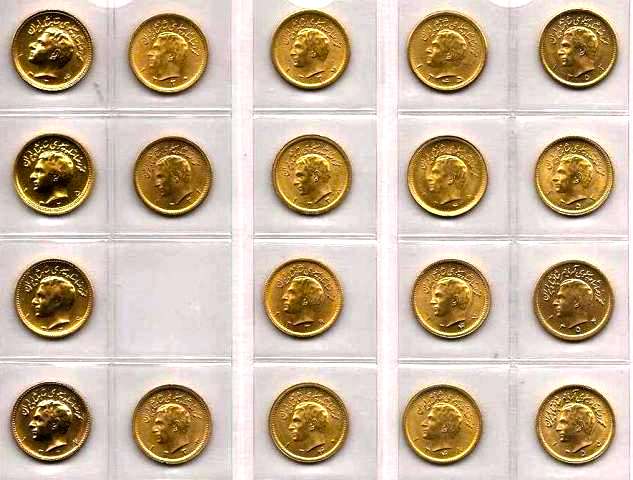Most Visited Museums as a Historical Story in Tehran
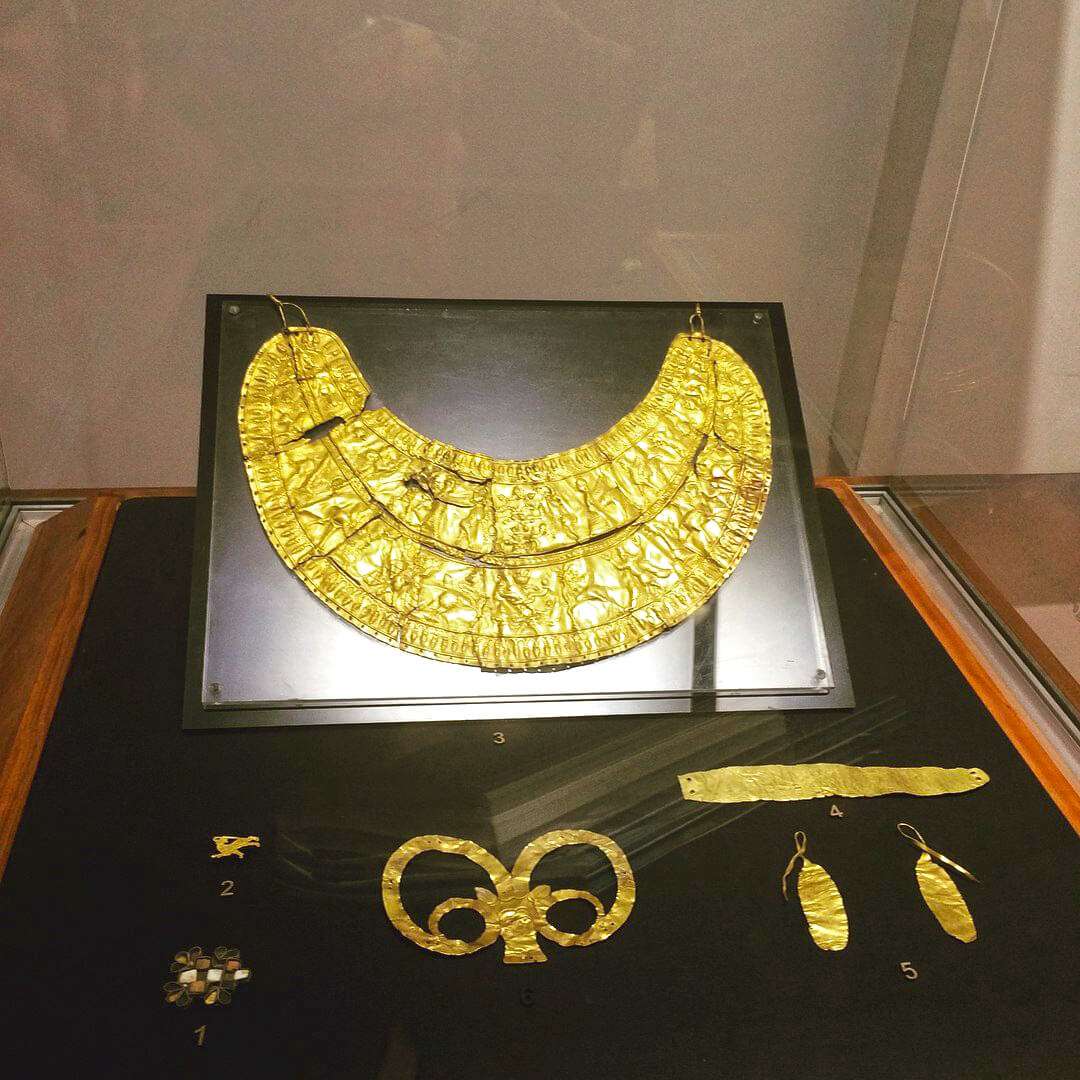
- ThemeArchitecture/ Museum/ UNESCO Heritage
- CodeIRRS11
- Duration9 hr(s)
- Best TimeSPRING | AUTUMN
Browsing the historical square of Tehran built about 150 years ago;
Visiting the first private museum of Iran in Imam Khomeini Street of Tehran, displaying an excellent collection of manuscripts and historical artworks;
Exploring the National Museum of Iran showcasing the historical relics from pre-historic to the Islamic era;
Visiting the early 20 th-century handsome edifice which is comprised 5 halls showcasing the glassware and ceramics from the 2 nd millennia B.C to the 19 th century;
Exploring the museum containing a precious treasure of royal Jewelries from the Safavid to the Pahlavi II eras;
Watching the Sepah Bank Museum, showcasing a collection of coins from the ancient Persia to the contemporary Iran.
Photos of the Most Visited Museums as a Historical Story in Tehran
Explore The Route
Iran as a Story Told by Tehran's Museums
Put in the appropriate context, artifacts tell the story of those who made them; about their beliefs, traditions, rites, different industries, diet, clothing and whatever else associated with the life of their creators. In this regard, museums, as collections of human-made artifacts, are bibles of unheard stories from times long past to very recent days. In this route, you are going to visit five major museums of Tehran, each with a different kind of story to tell you about Iran and its people.
Highlights
Duration : 30 mins
Point Type: STARTING
This Qajarid square was built by the order of Amir Kabir, the well-known minister of Naser al-din Shah. The place was the seat of the cannons and the artillery soldiers since the time of Fath-Ali Shah, hence the name ‘Toop-khaneh,’ (Tūp-Khaneh) means ‘artillery barracks’ in Persian. When the square was constructed, the cannons that Shah Abbas had taken as a trophy from the Portuguese in Hormoz Island, and also the cannon named Toop-e Morvarid (Pearl Cannon), dating to the time of Fath-Ali Shah, were transferred here.
Back in the day, Toop-Khaneh square was the top spot for fireworks on national holidays, for protest...
Duration : 1 hr(s)
Point Type: STOP OVER
Set in an attractive garden, Malek museum was founded by Haj Hossein Malek (1872-1972), an avid collector and a well-known merchant in Tehran. This privately established institution holds one of the largest and the first private collection of manuscripts in Iran, dedicated to the Holy Shrine of Imam Reza. Originally located in the historical Malek house, the collection was transferred to its current site in the National Garden in 1996. The new building of the museum was also bequeathed by Haj Hossein Malek, though its construction was not carried out until after his death. This eight-floor building displays the evolution of I...
Duration : 3 hr(s)
Point Type: STOP OVER
In addition to 5000 years of history marked by the invention of writing, Iran also has a quite long pre-history, holding enormous stories. Iran plays an important role in the development of Middle Eastern civilization, and it holds many objects representing the various traditions, cultures, and arts of what has come to be known as the ancient civilization. National museum of Iran highlights the ancient items exploring the invention of tools in different eras and artistic and architectural developments which affected life in ancient Iran.
The ancient Iran museum, founded in 1937, encompasses items from Paleolithic to the end of Sassanid era. If you visit only one m...
Duration : 1 hr(s)
Point Type: STOP OVER
(Glassware and Ceramic Museum)
This impressive house is located in a 7000 m garden, which is astoundingly decorated with intricate wooden windows and fifty kinds of brickwork. Inspired by the European and Russian architecture, this brilliant complex still boosts the art of Iranian architect by breathtaking stuccoes, mirror works, and delicate carvings. There are two similar buildings, in case of architecture and brickwork, in Tehran; Ahmad Shahi pavilion and Teymur Tash house. This splendid monument was the house of Ahmad Qavam (1909-1979), an influential political figure of Qajar and Pahlavi eras, for...
Duration : 2 hr(s) 30 mins
Point Type: STOP OVER
The unique collection of national jewels mirrors the grand history of Iran, reminding the visitor of the victories, failures, honors, and dishonors this great country has gone through. Wander through the glitter of these gems, representing Iranian art, culture, and opulence. The recorded history of the treasury of jewels began with the Safavid monarchs. However, a great amount of these jewels were scattered or stolen during later periods. For example, when Mahmud Afqan invaded the country and defeated the last Safavid king, Shah Sultan Hossein, a part of these jewels were sent to India. Then, Nader Shah Afshar tried to recollect the looted parts, but his assassination in 1747 put a...
Duration : 1 hr(s)
Point Type: ENDING
On the west side of Imām Khomeinī square (formerly Toop-khaneh square), just a few steps down the Imam Khomeini street, you will face a set of buildings belonging to the central office of the first bank of Iran, Sepah Bank. Narrating the history of Iran, Sepah bank museum is one of the richest coin museums in the Middle East. It was opened to the public in 1973. The attractive showcases of the museum are equipped with coin magnifiers, allowing you to have a detailed view of your favorite coins. The collection...
Important Information
Cost Info
- Toopkhaneh Squarefree
- Malek National Library and Museum1 €
- National Museum of Iran6 €
- Abgineh Museum of Tehran3 €
- National Jewelry Museum3 €
- Sepah Bank Museum1 €
- Destination
- Transportation Type
- Transportation Fee---
Additional Info
On your way from National Museum to the Glassware and Ceramic Museum, in the middle of Jomhuri Street, you can sit on the atmospheric Naderi Café and enjoy a cup of Persian tea and take some rest (the cafe is close on Fridays)
As you walk down from Malek Museum to the Sepah bank museum, notice the monumental portal (Sar dar-e Bagh-e Melli) dating back to the Qajar era, and if you have enough time, you can also visit two interesting museums nearby: The Post and Communication museum, and the Ebrat Museum (once a secret police prison in Pahlavi regime).
